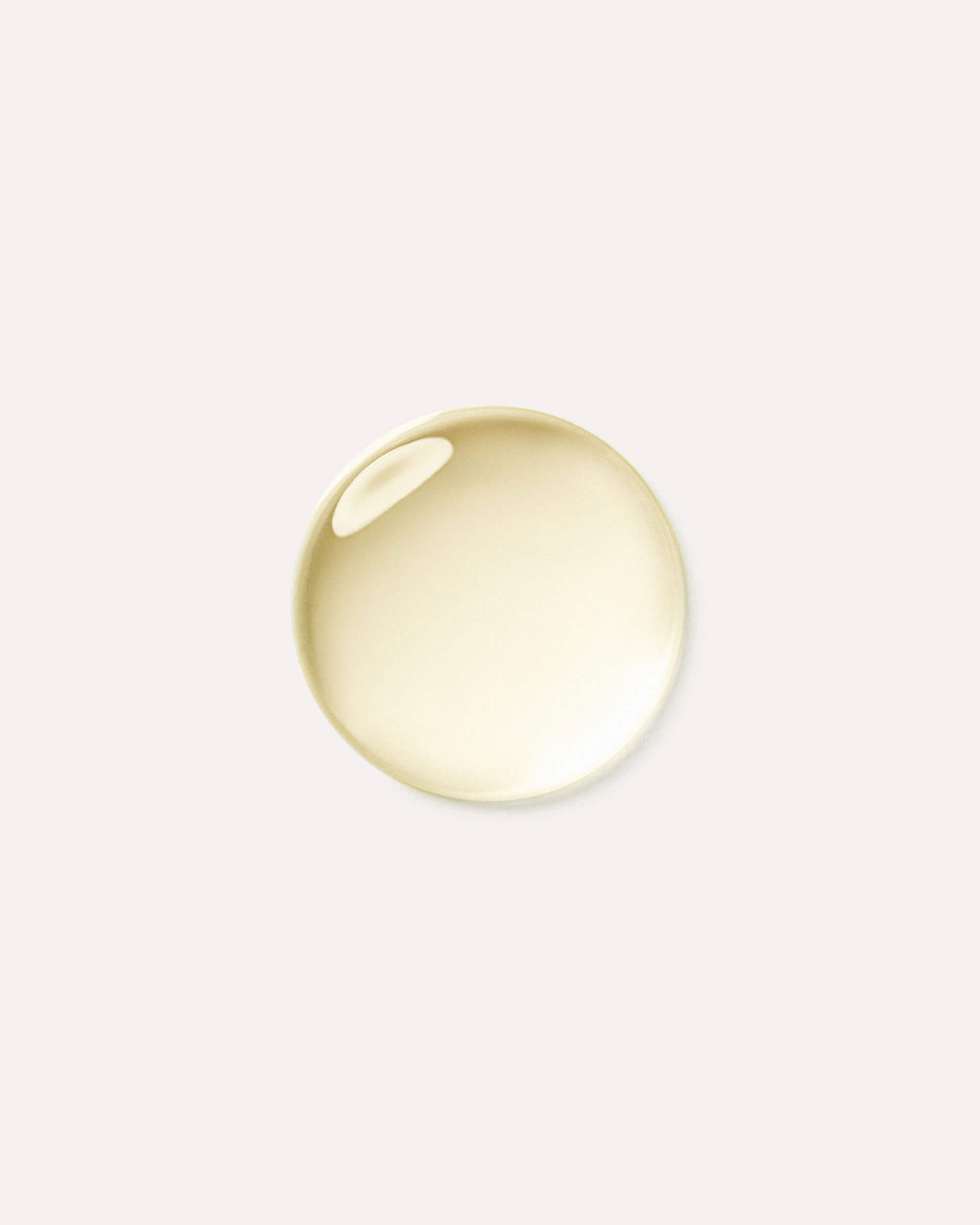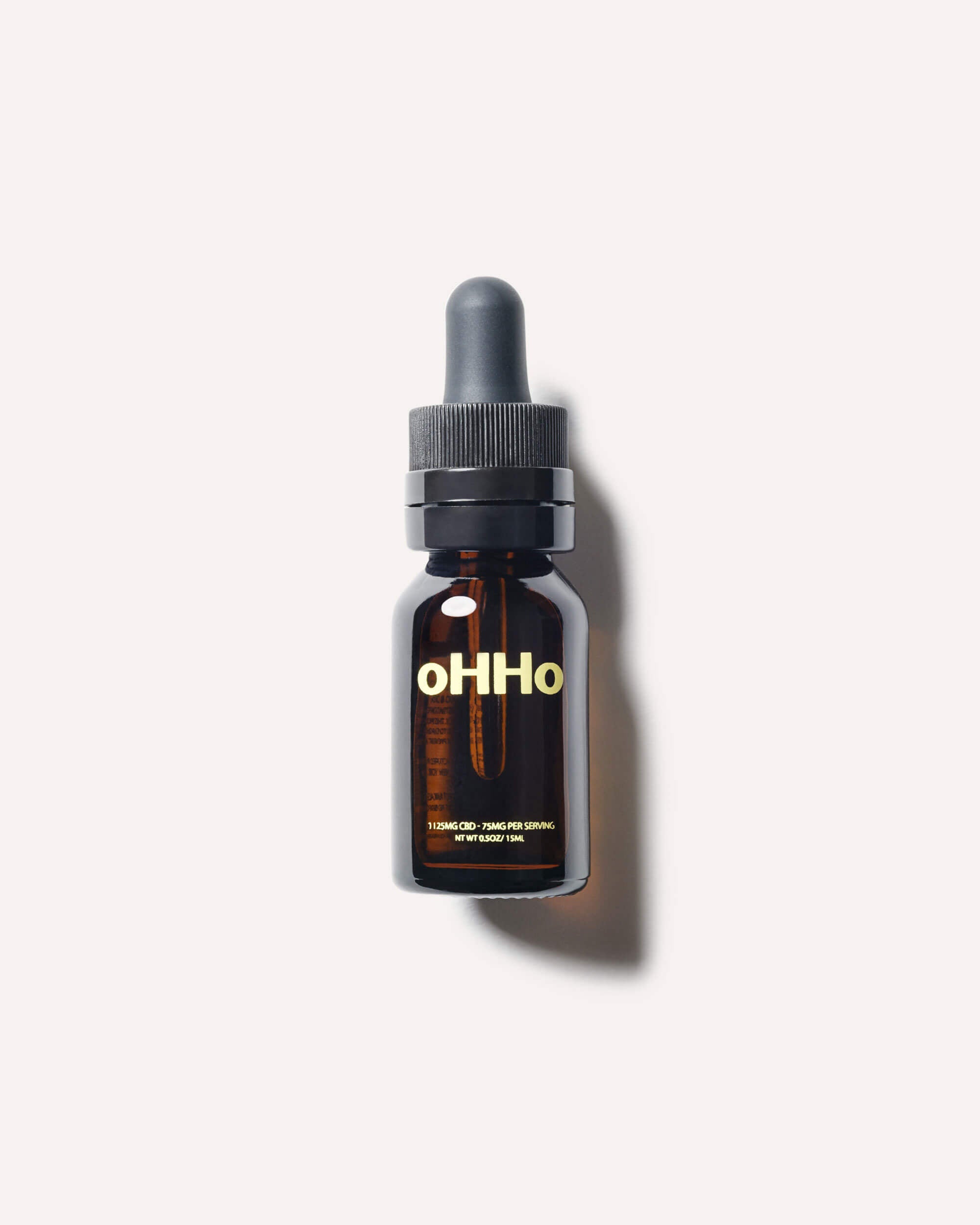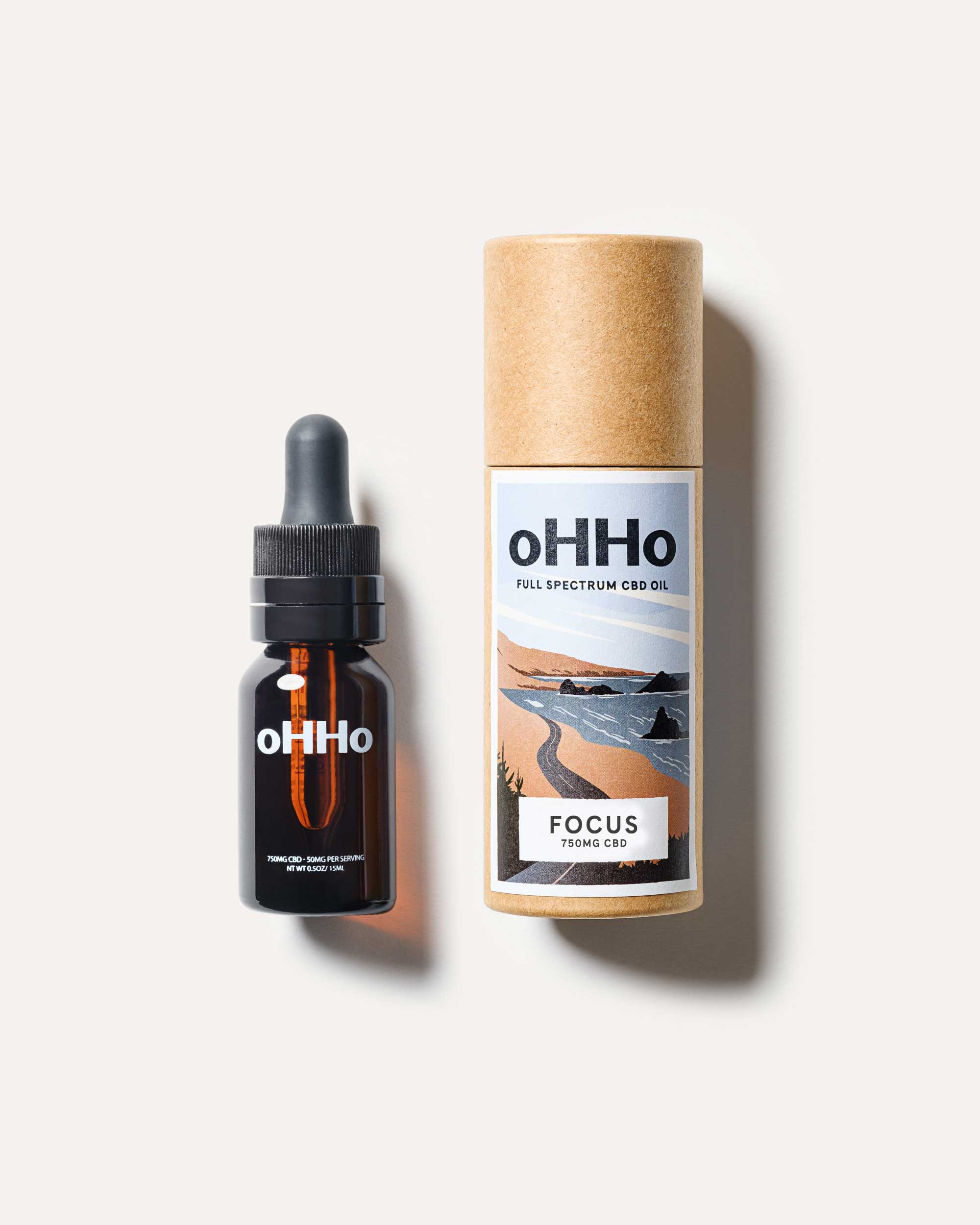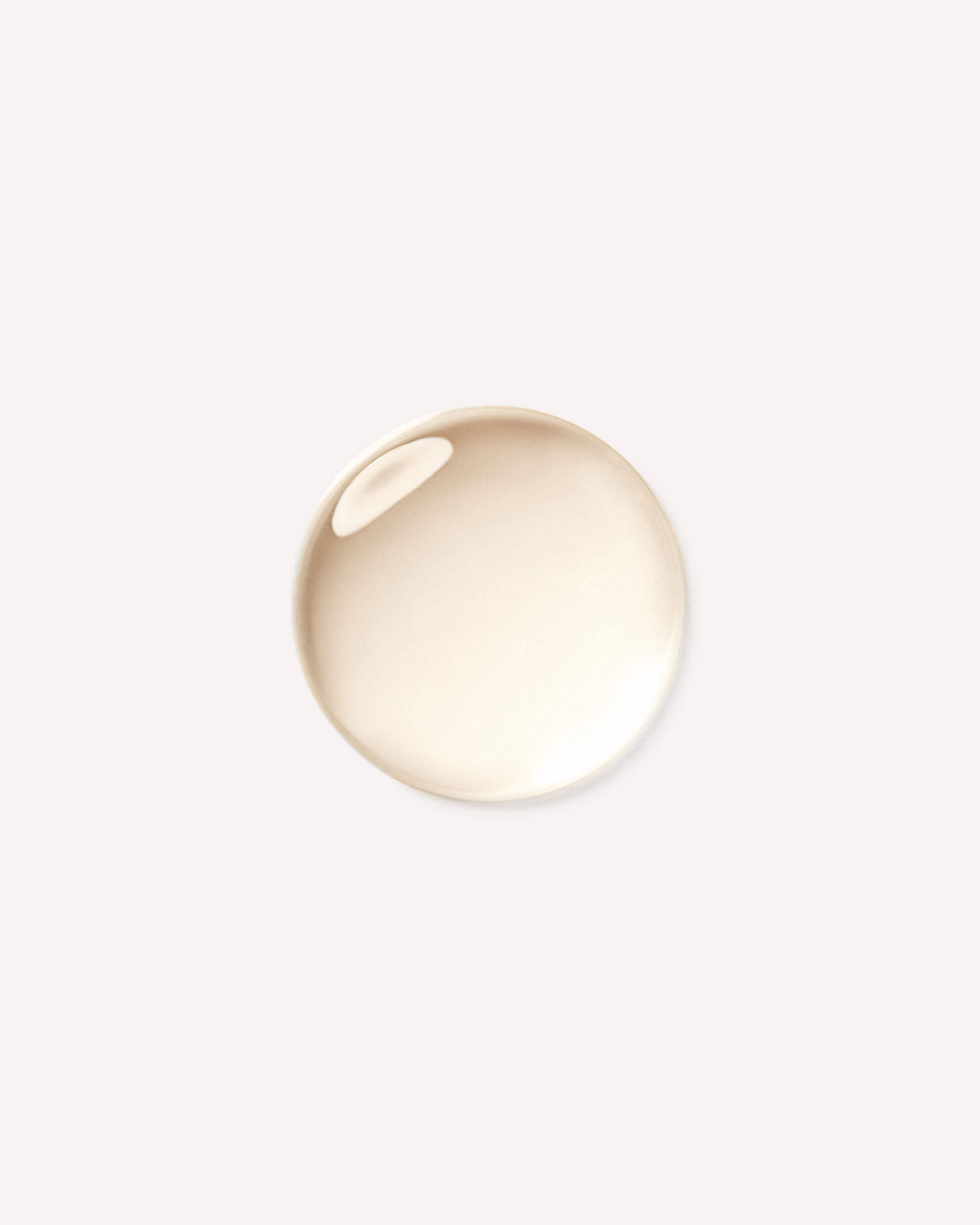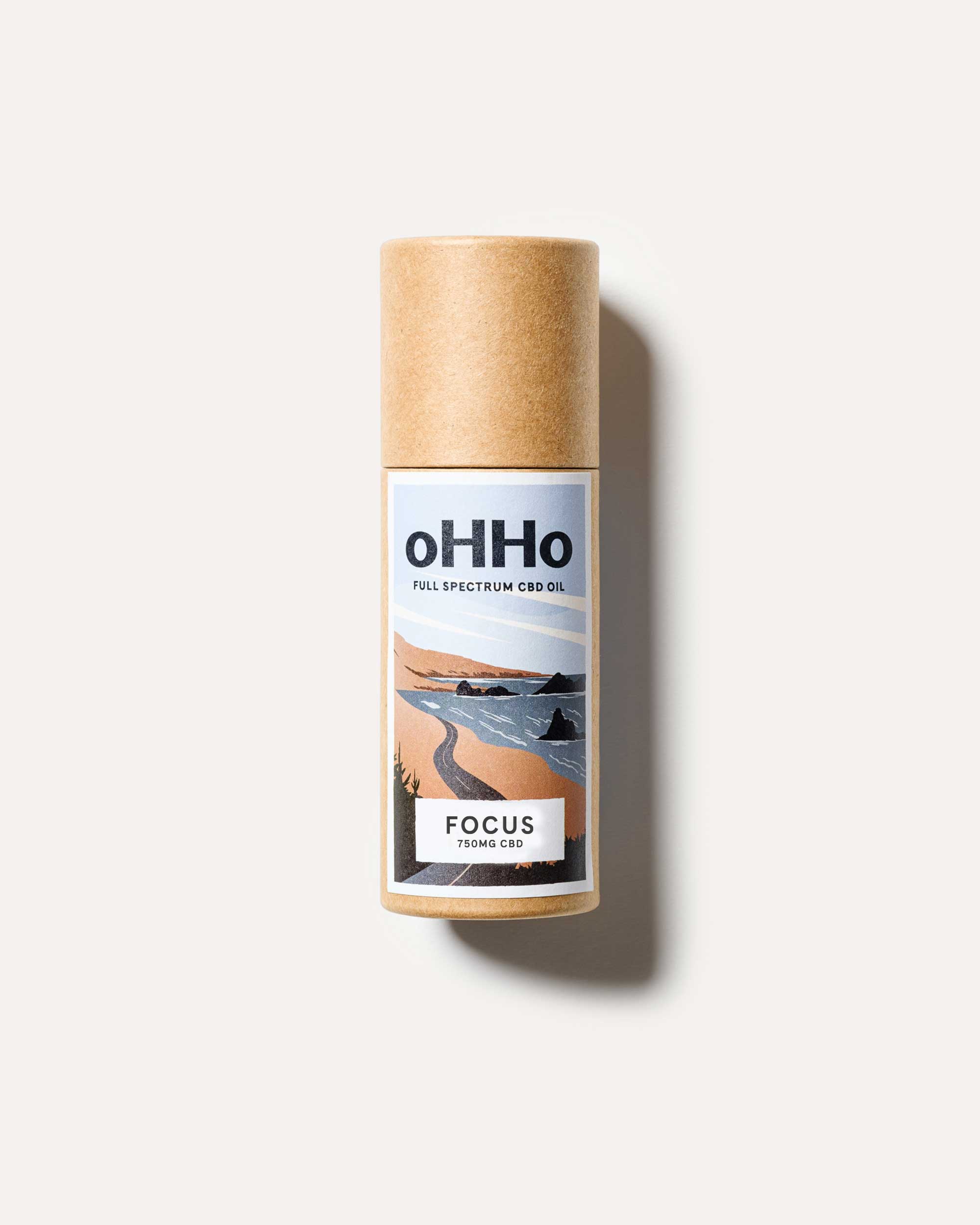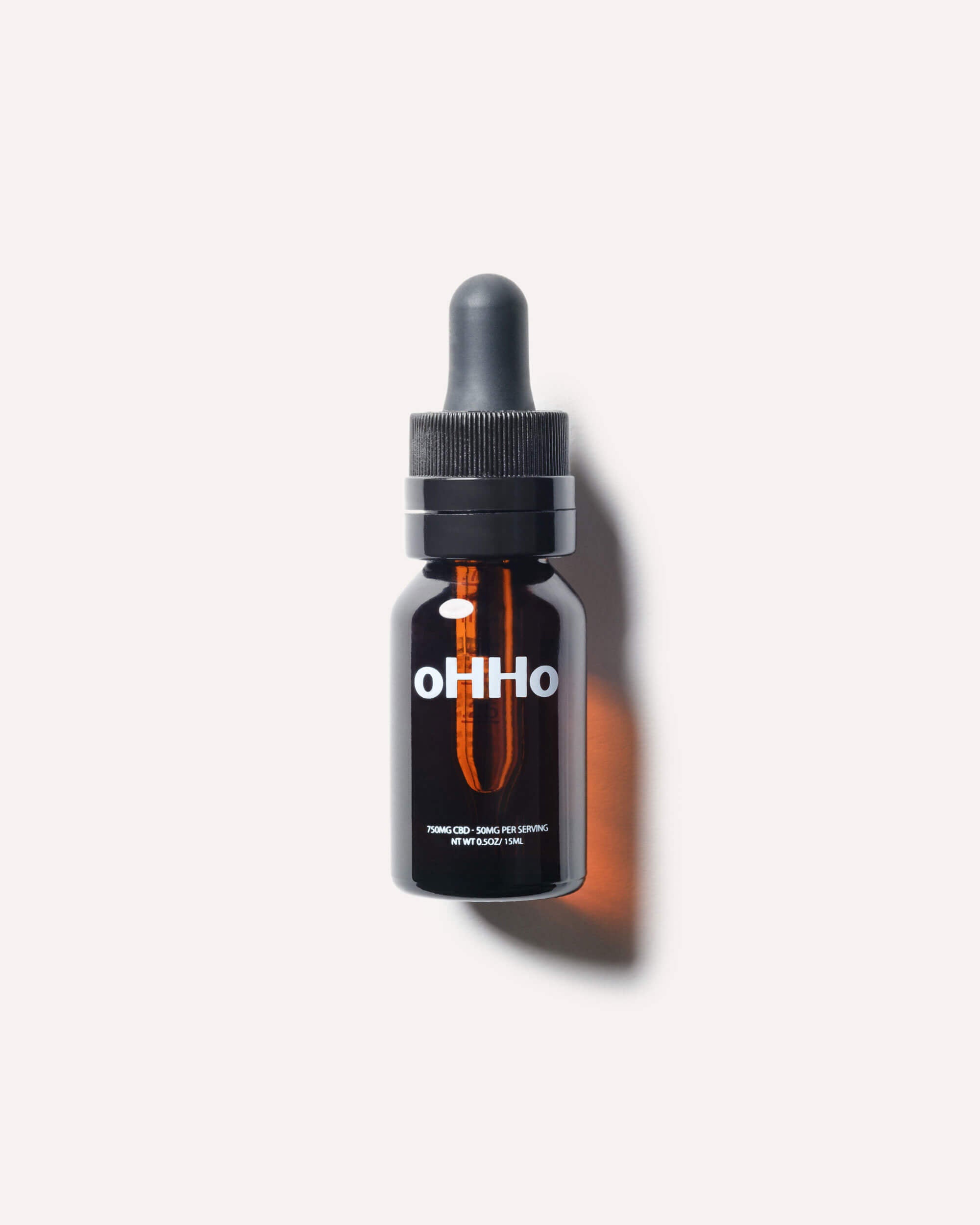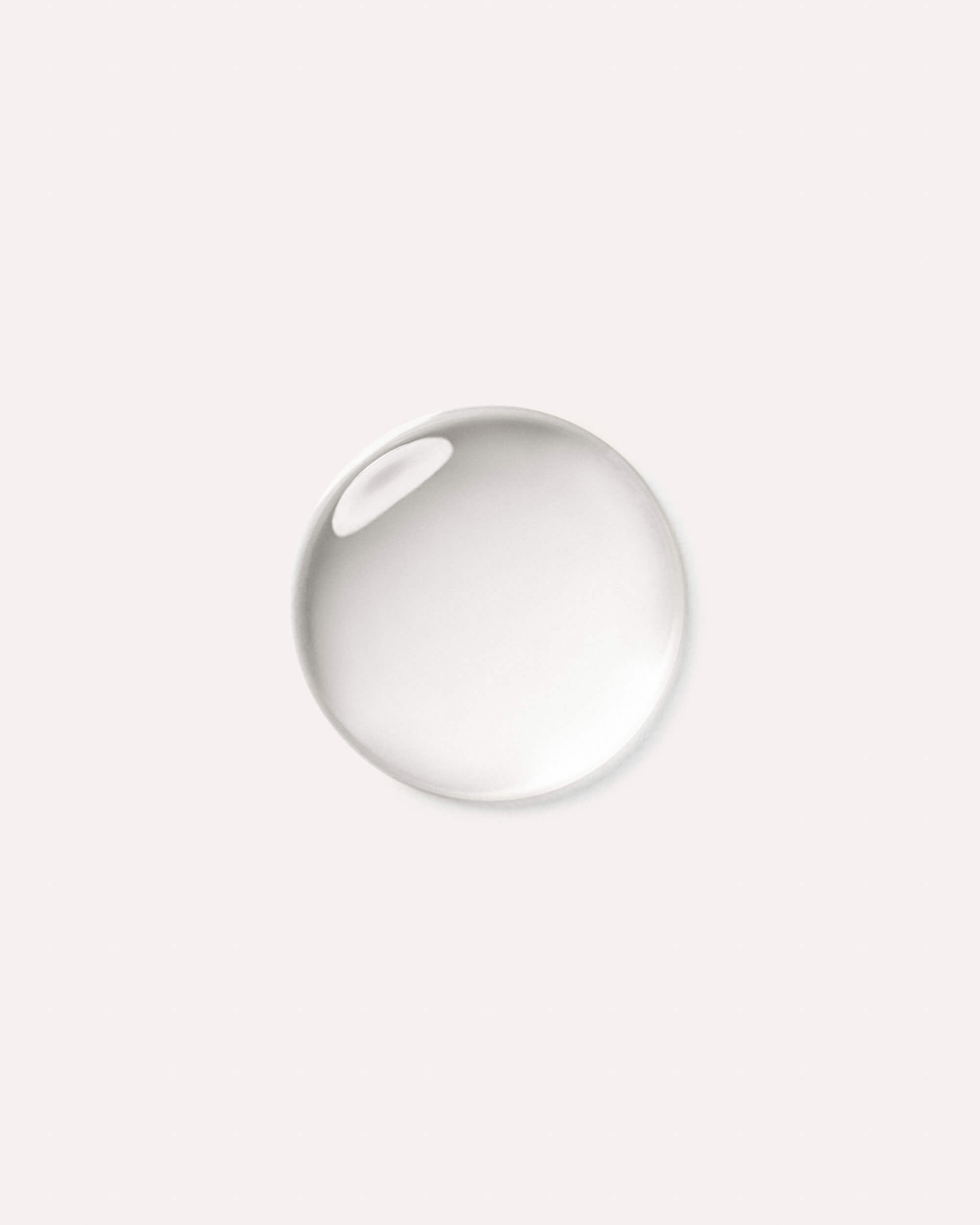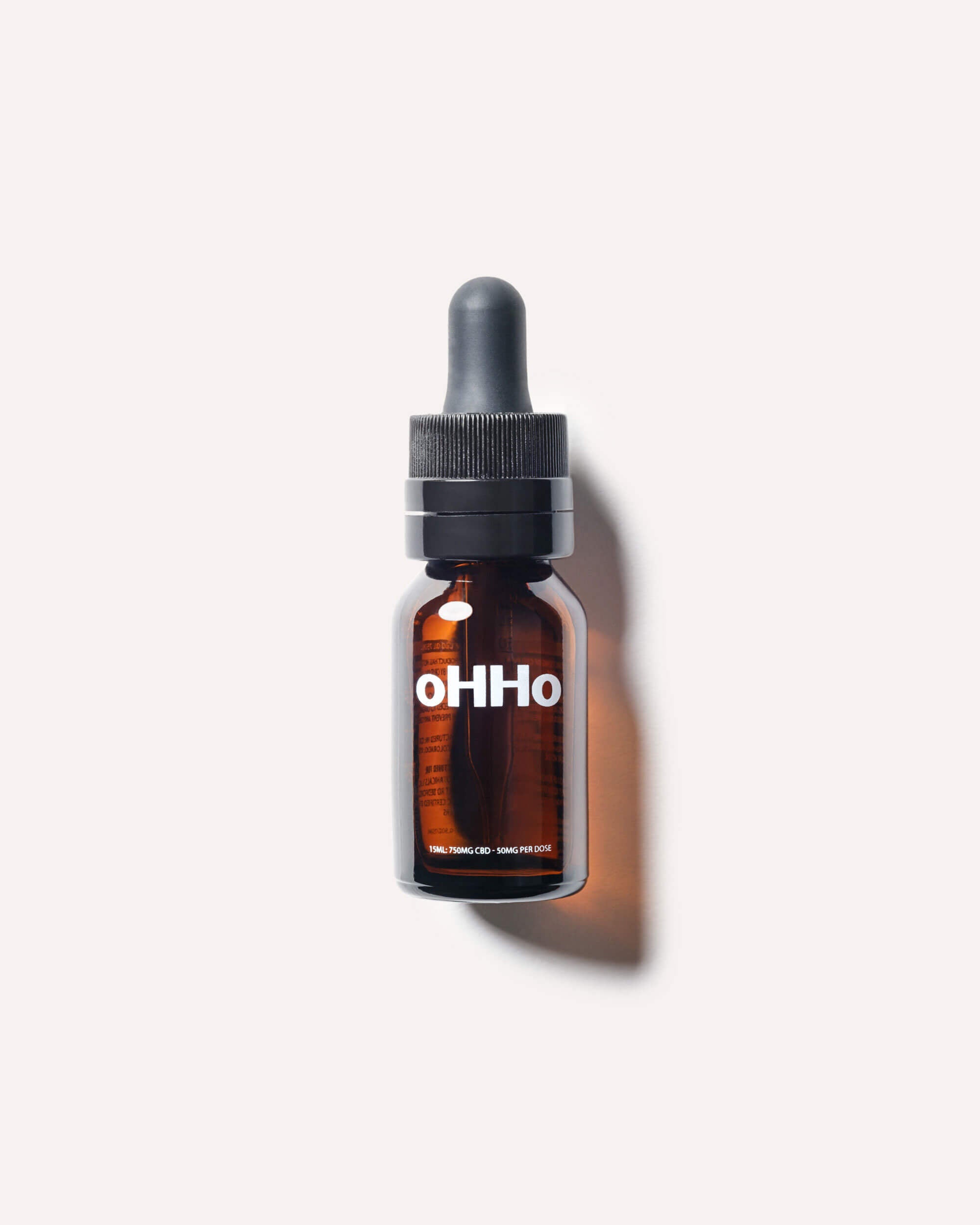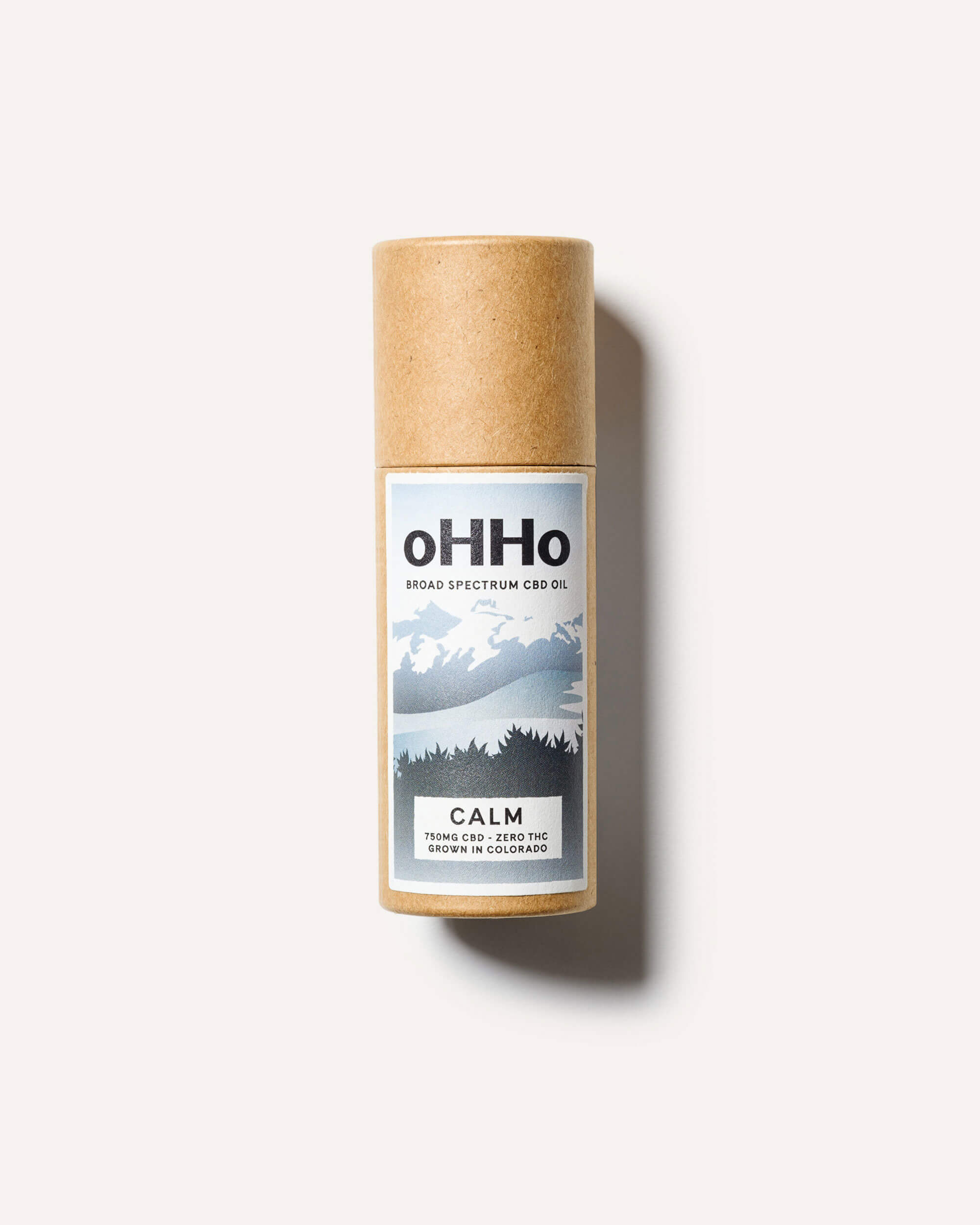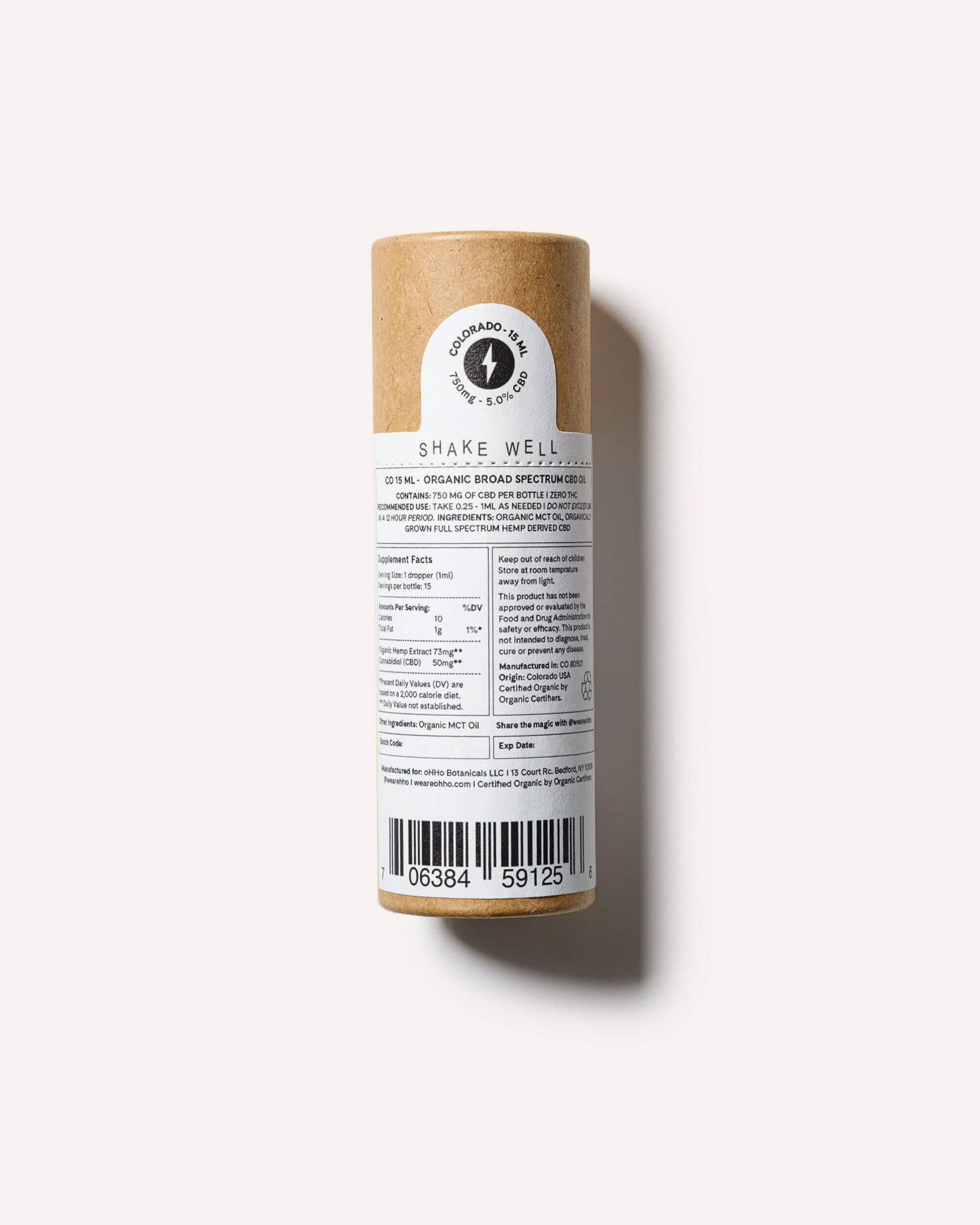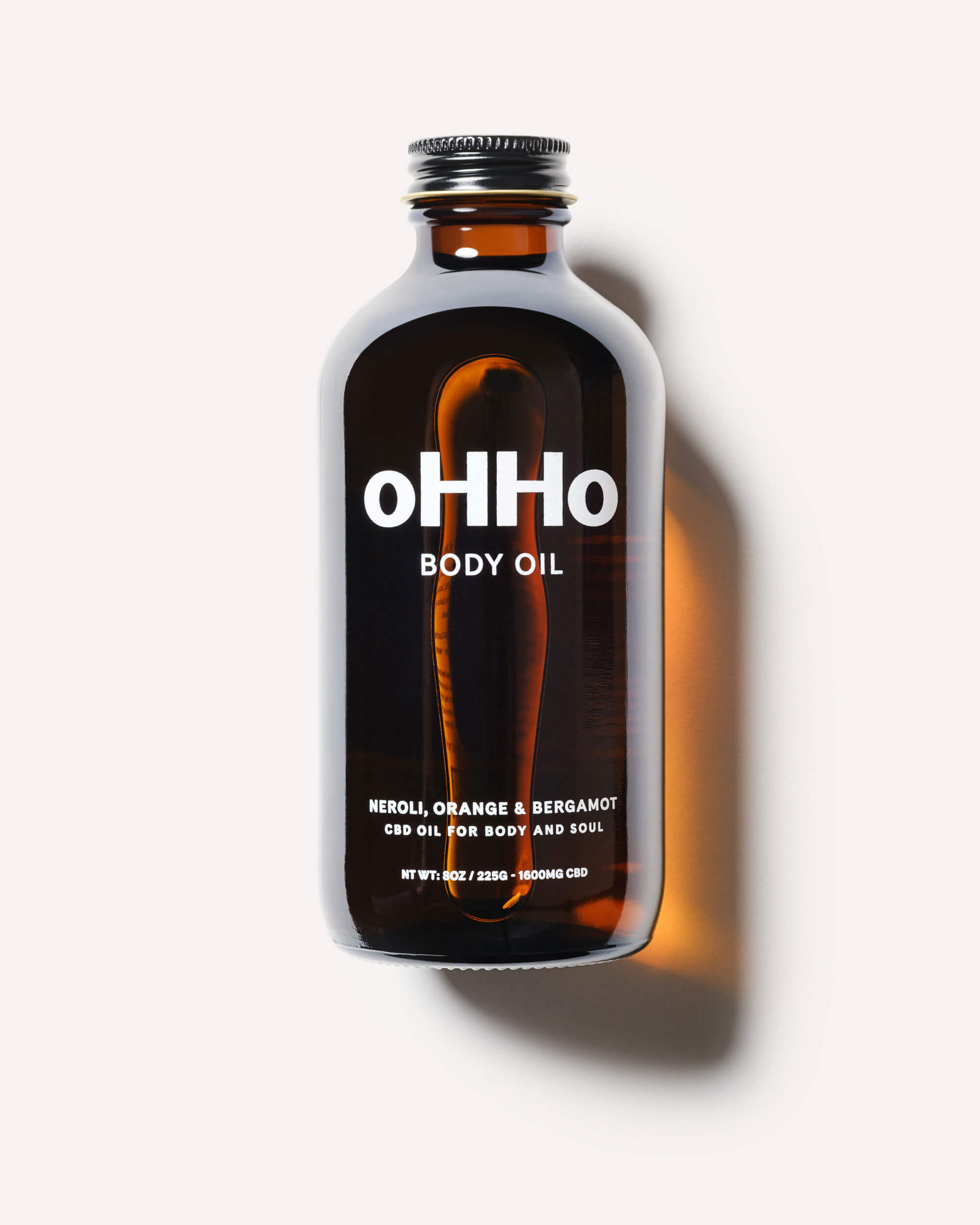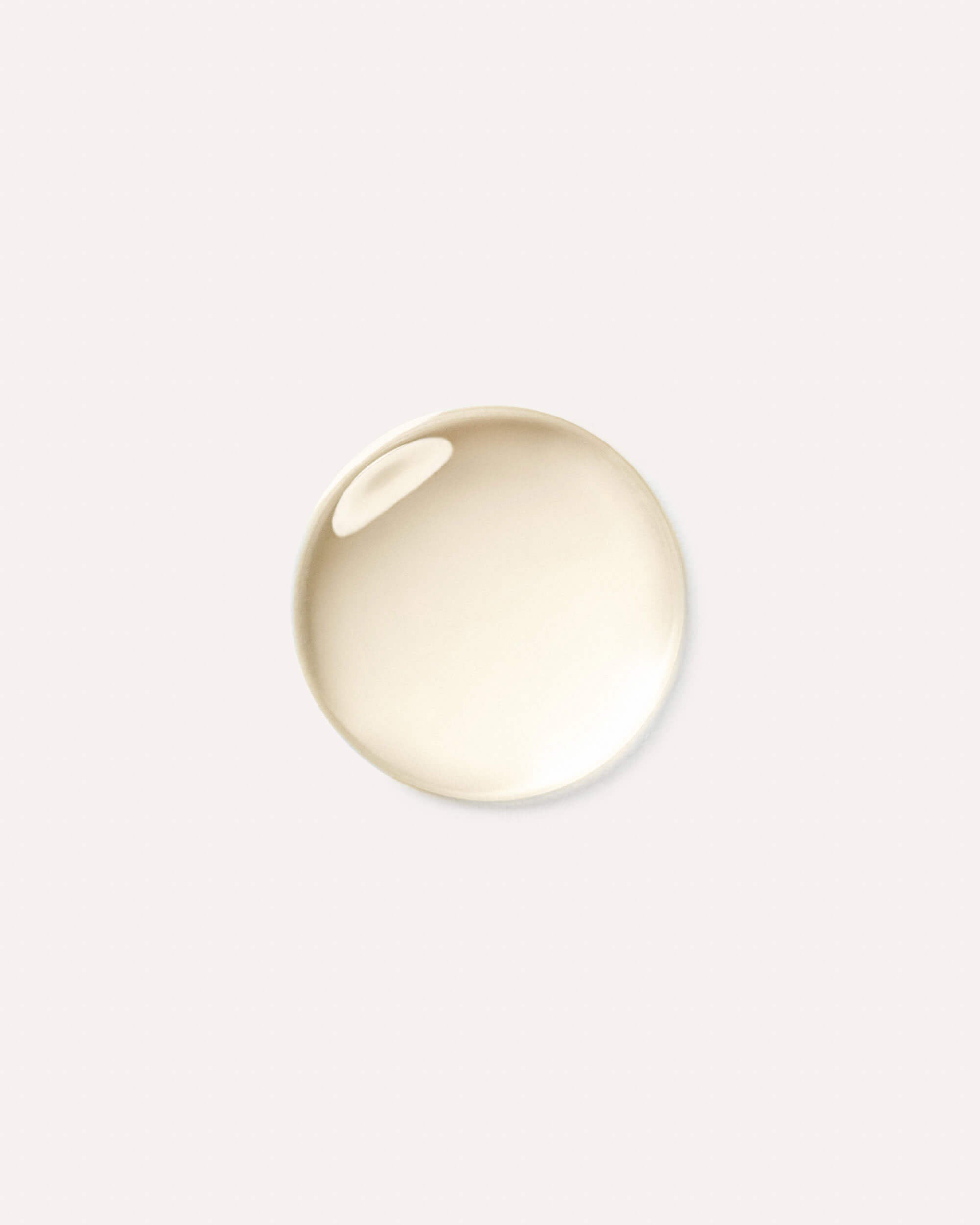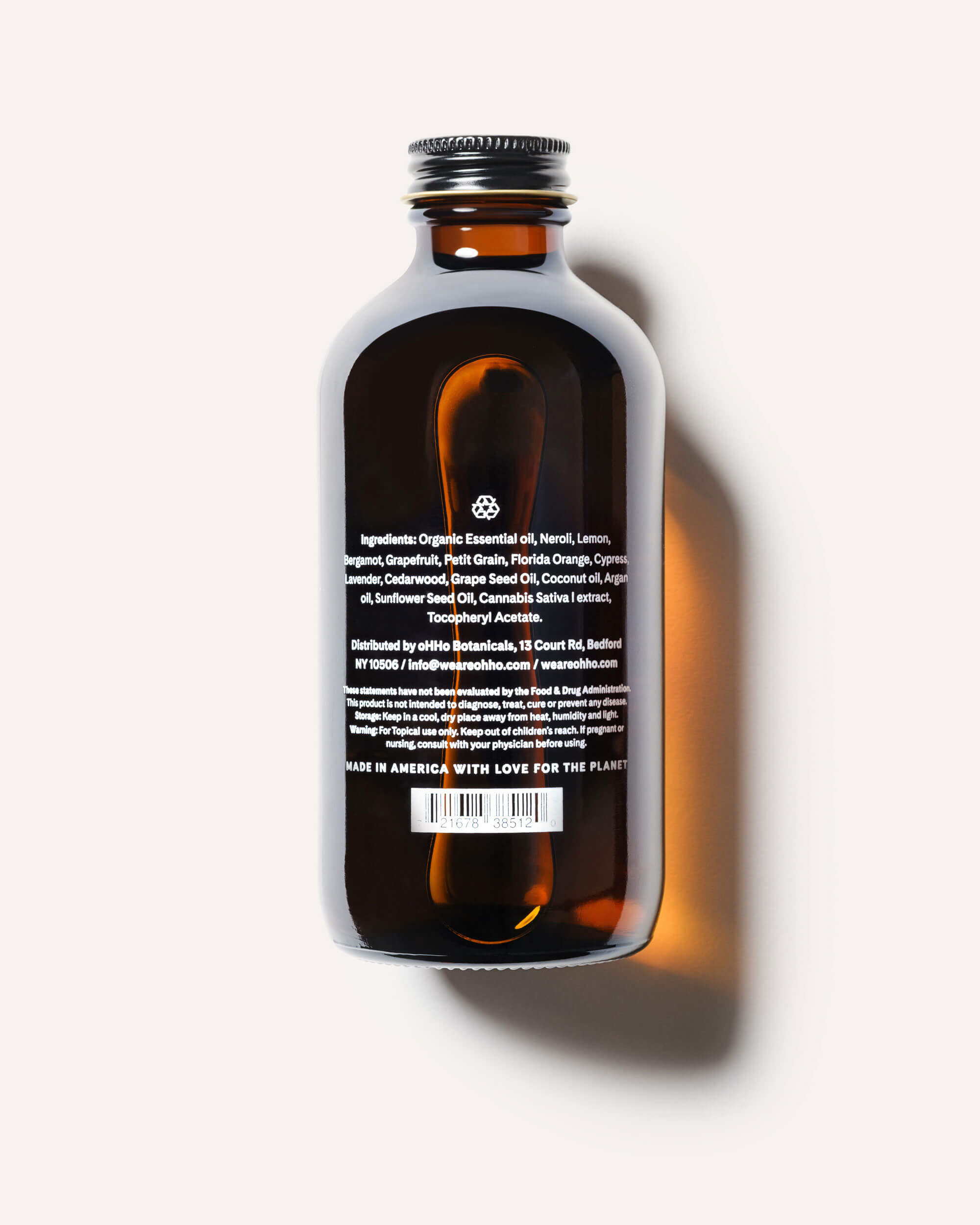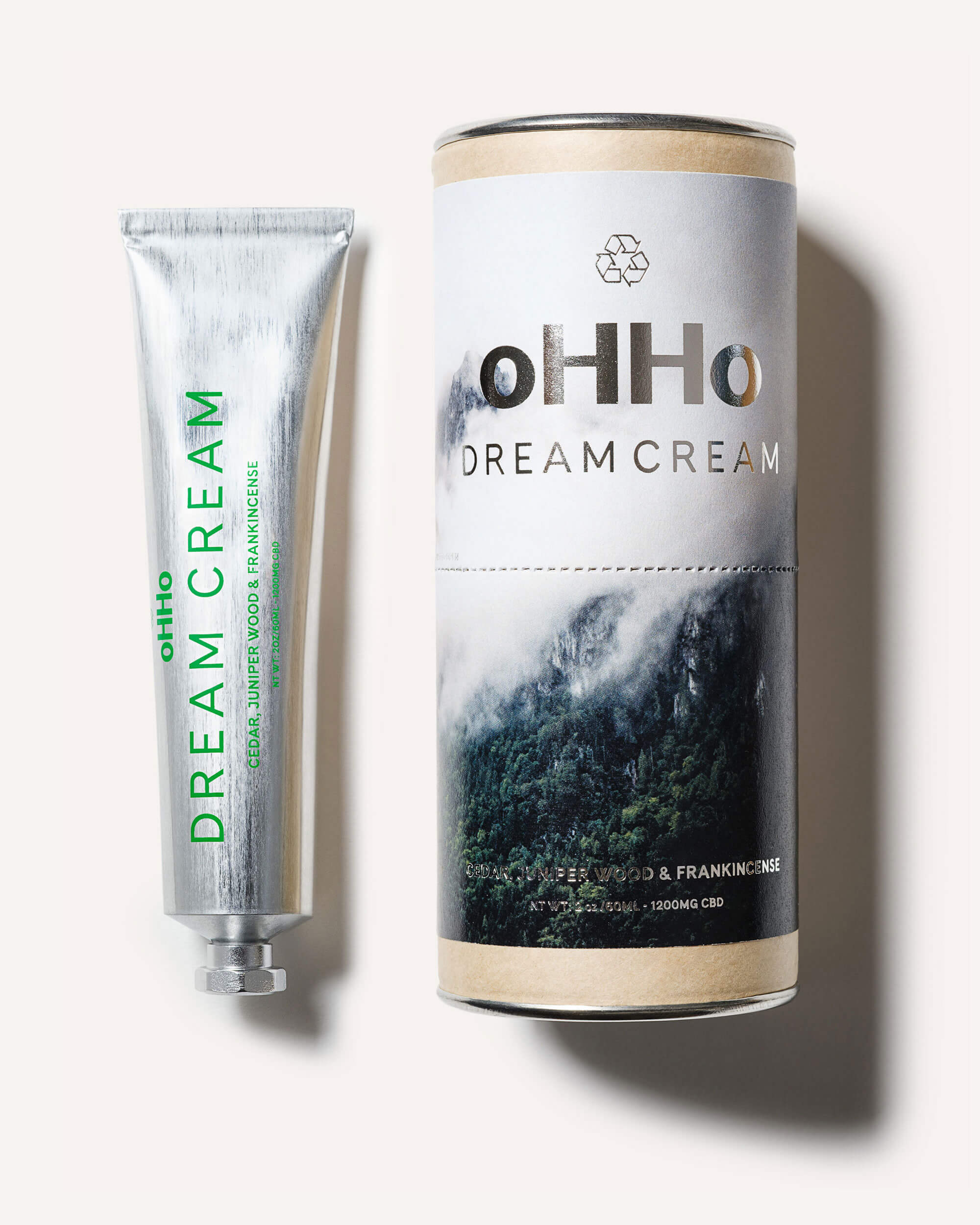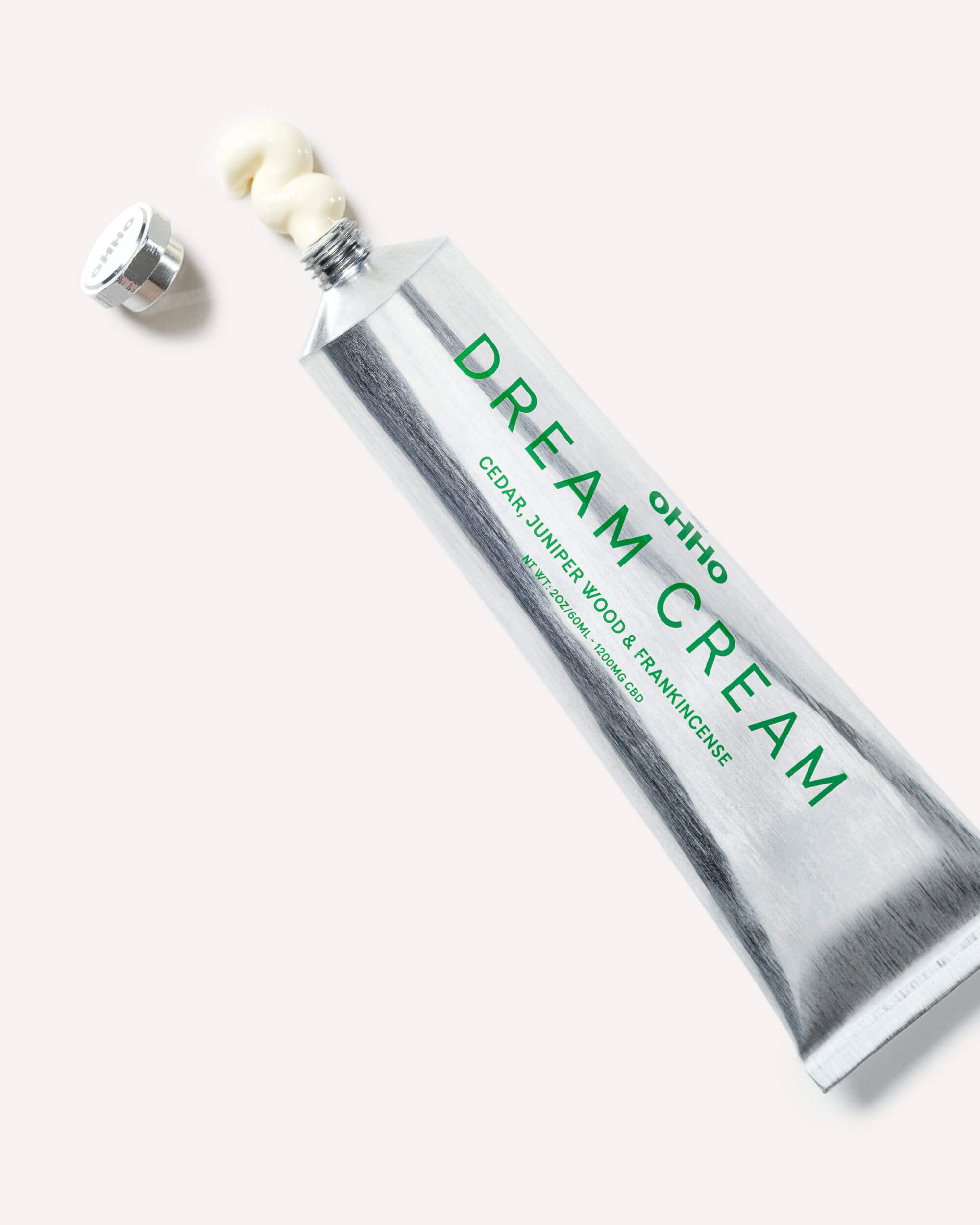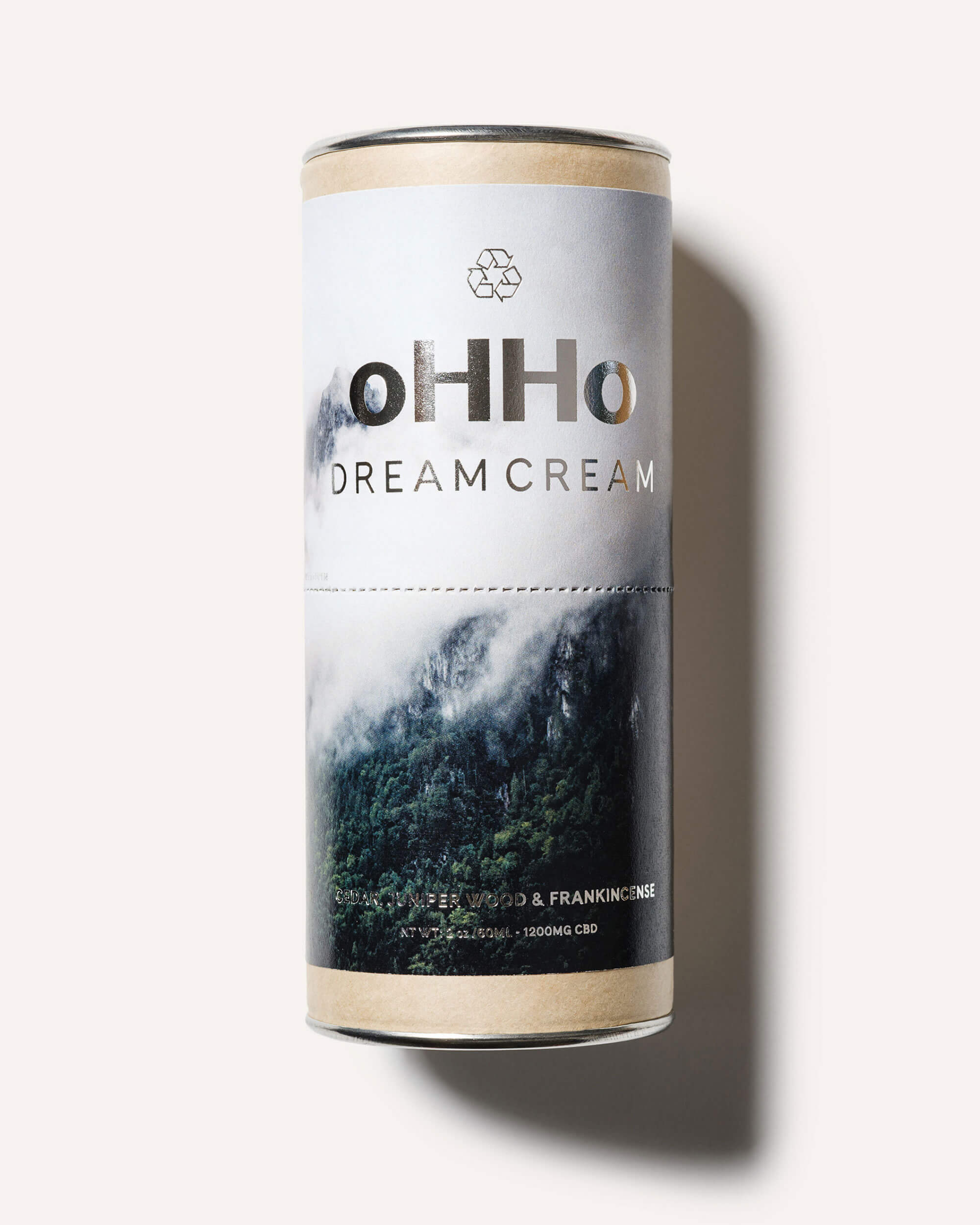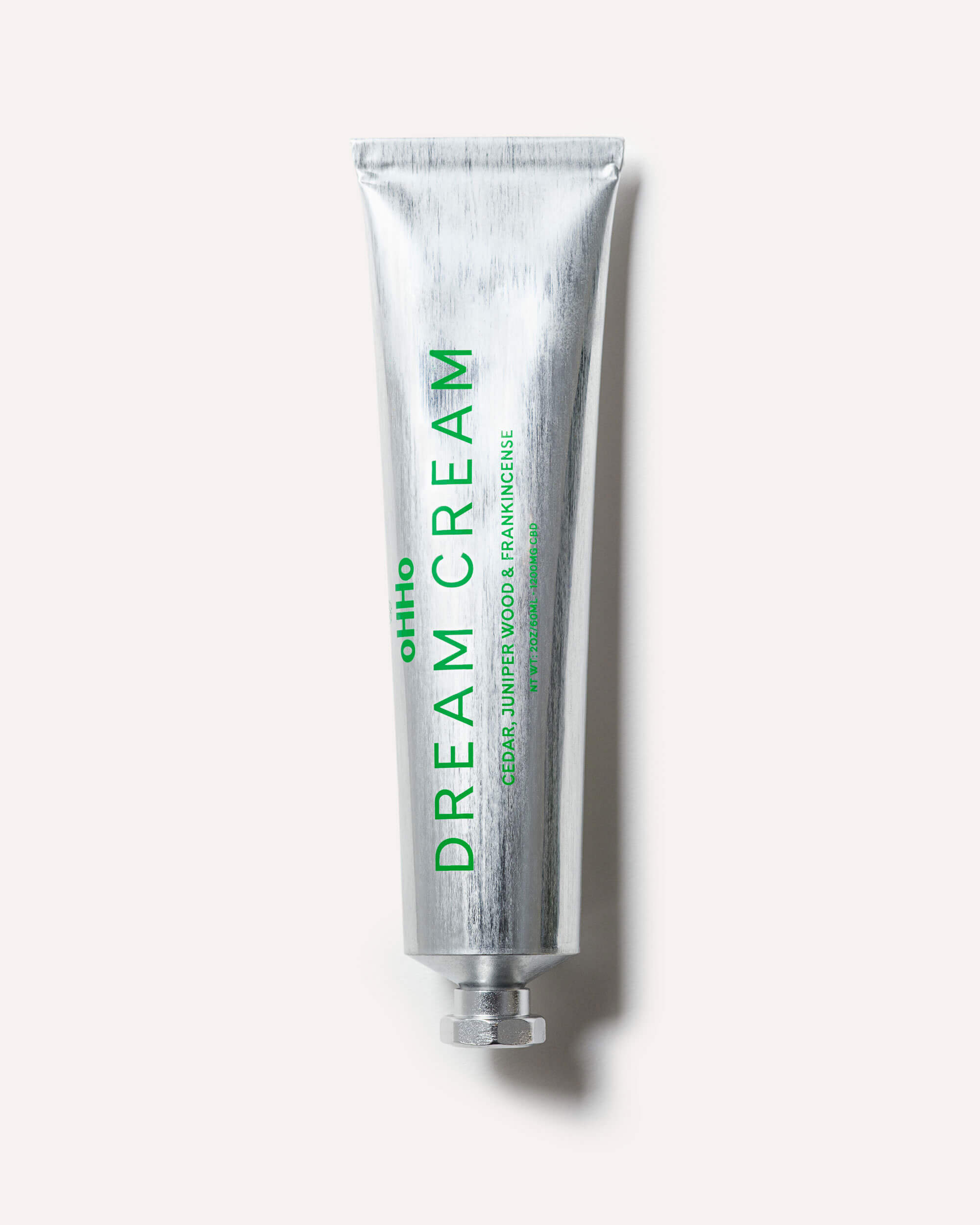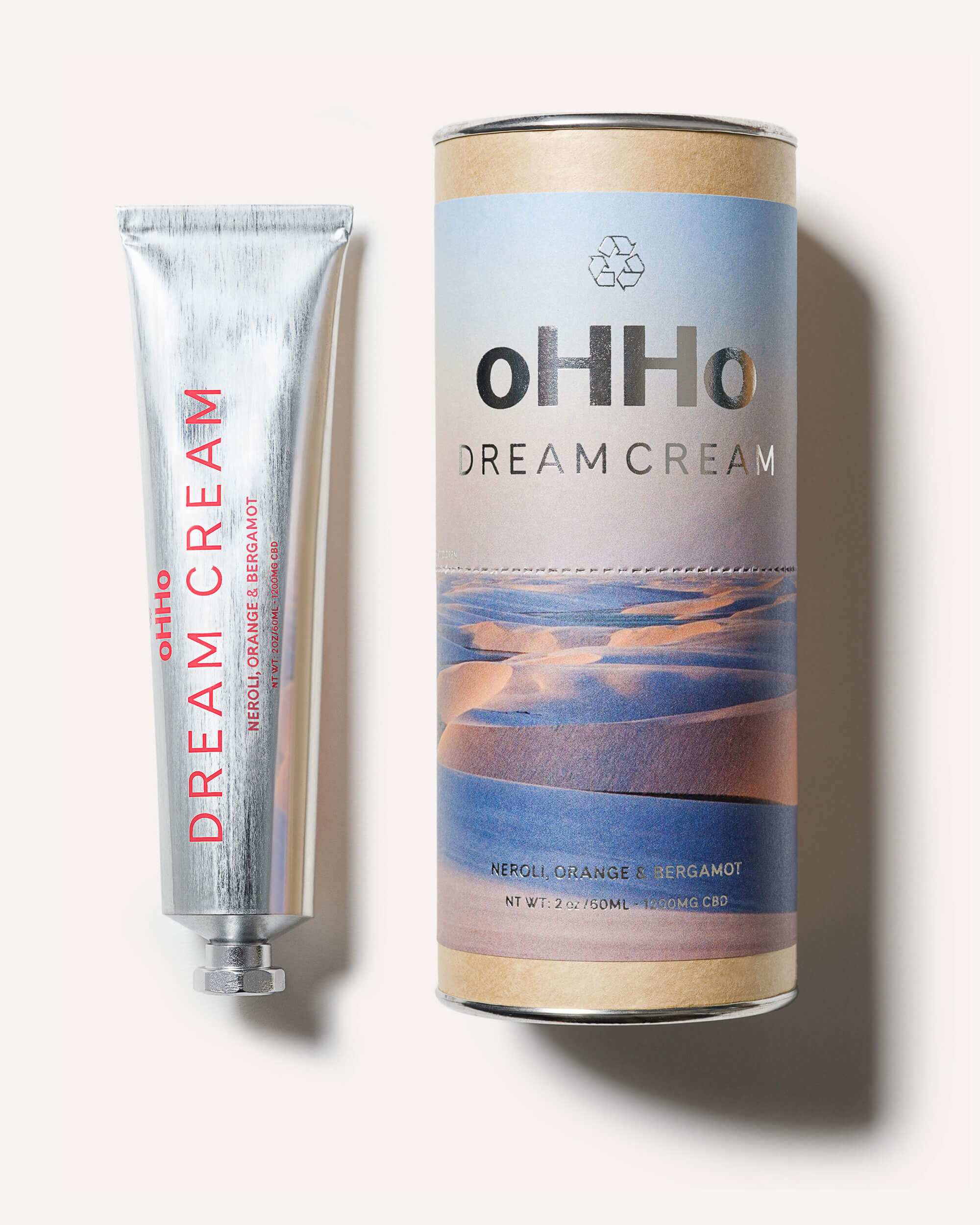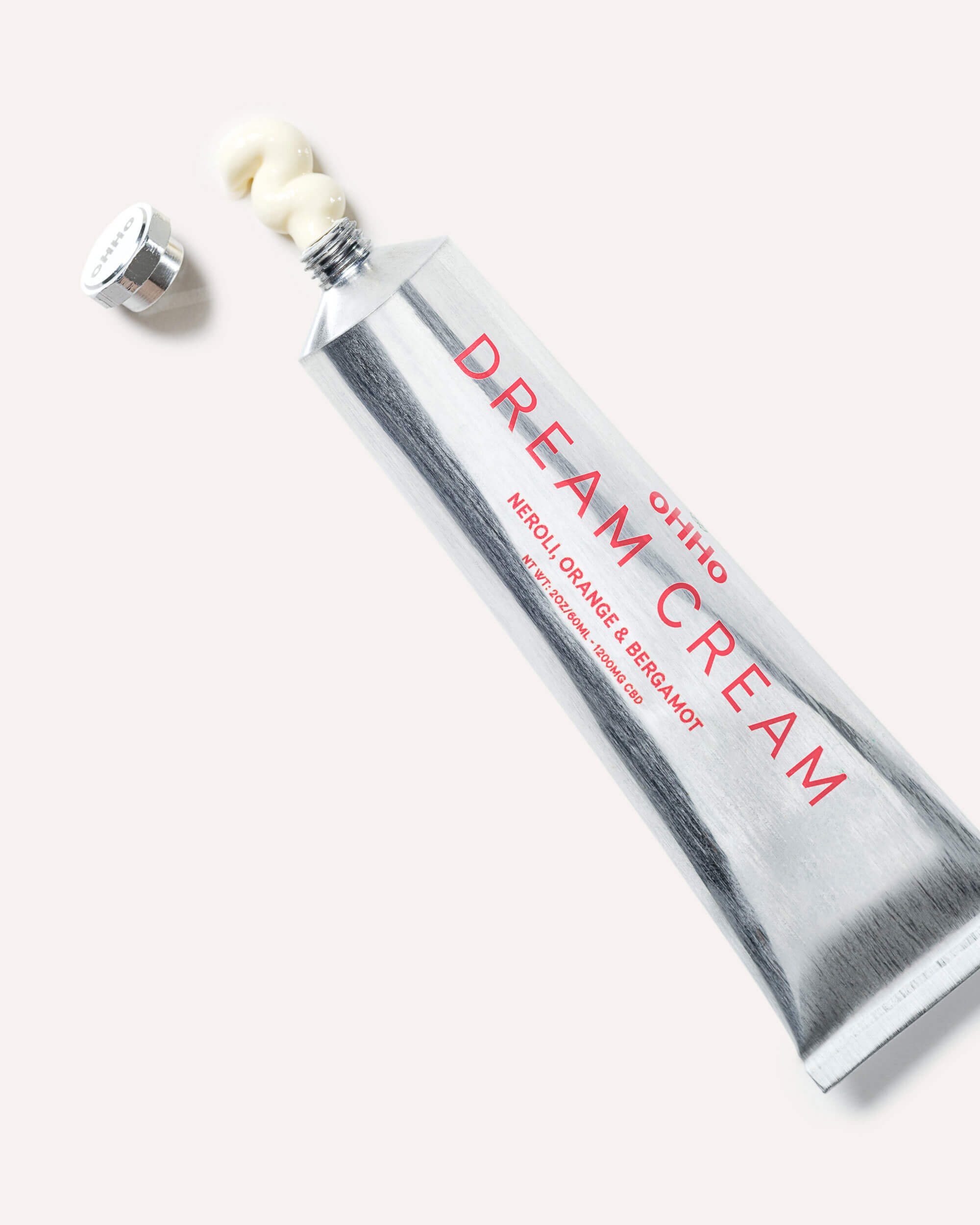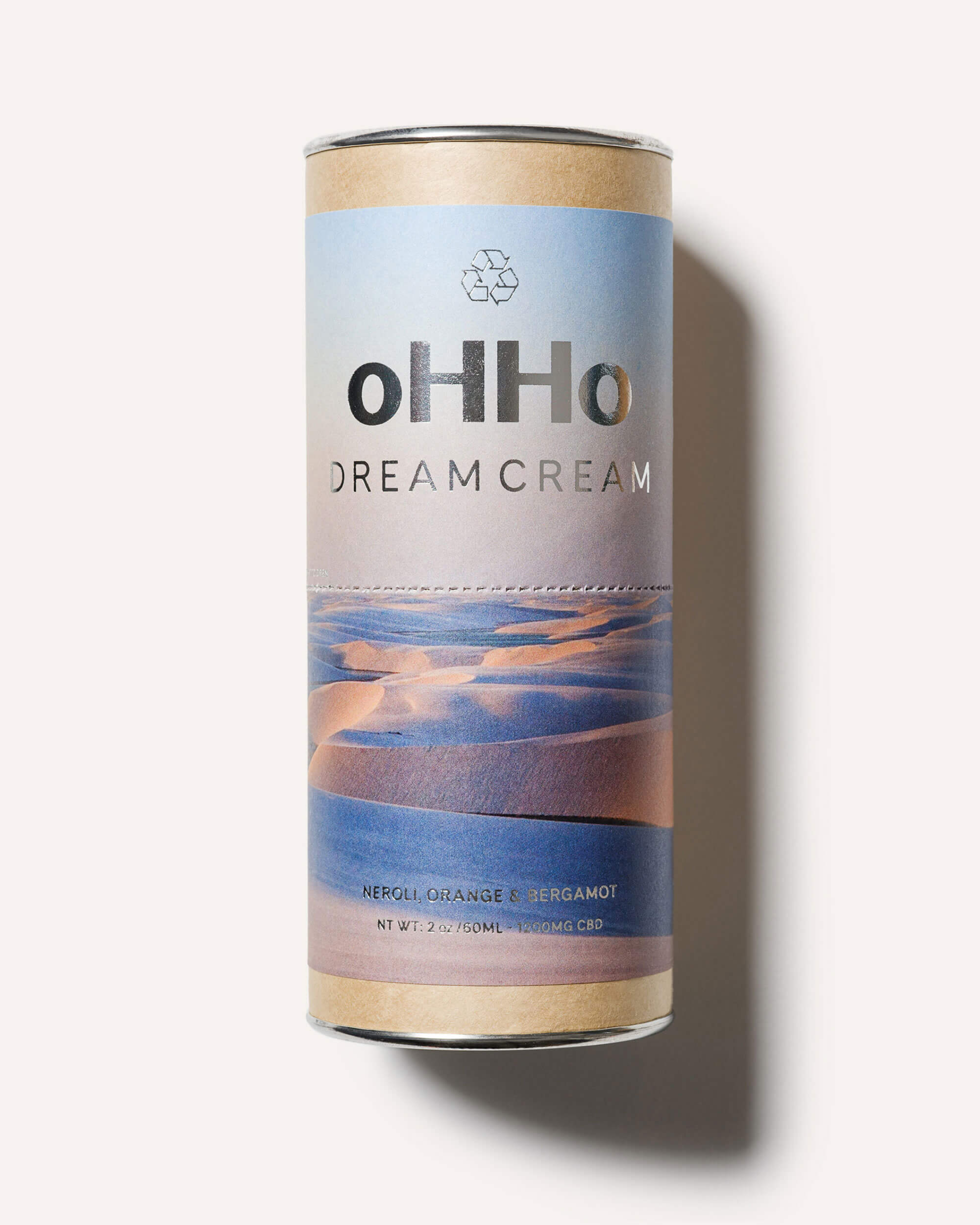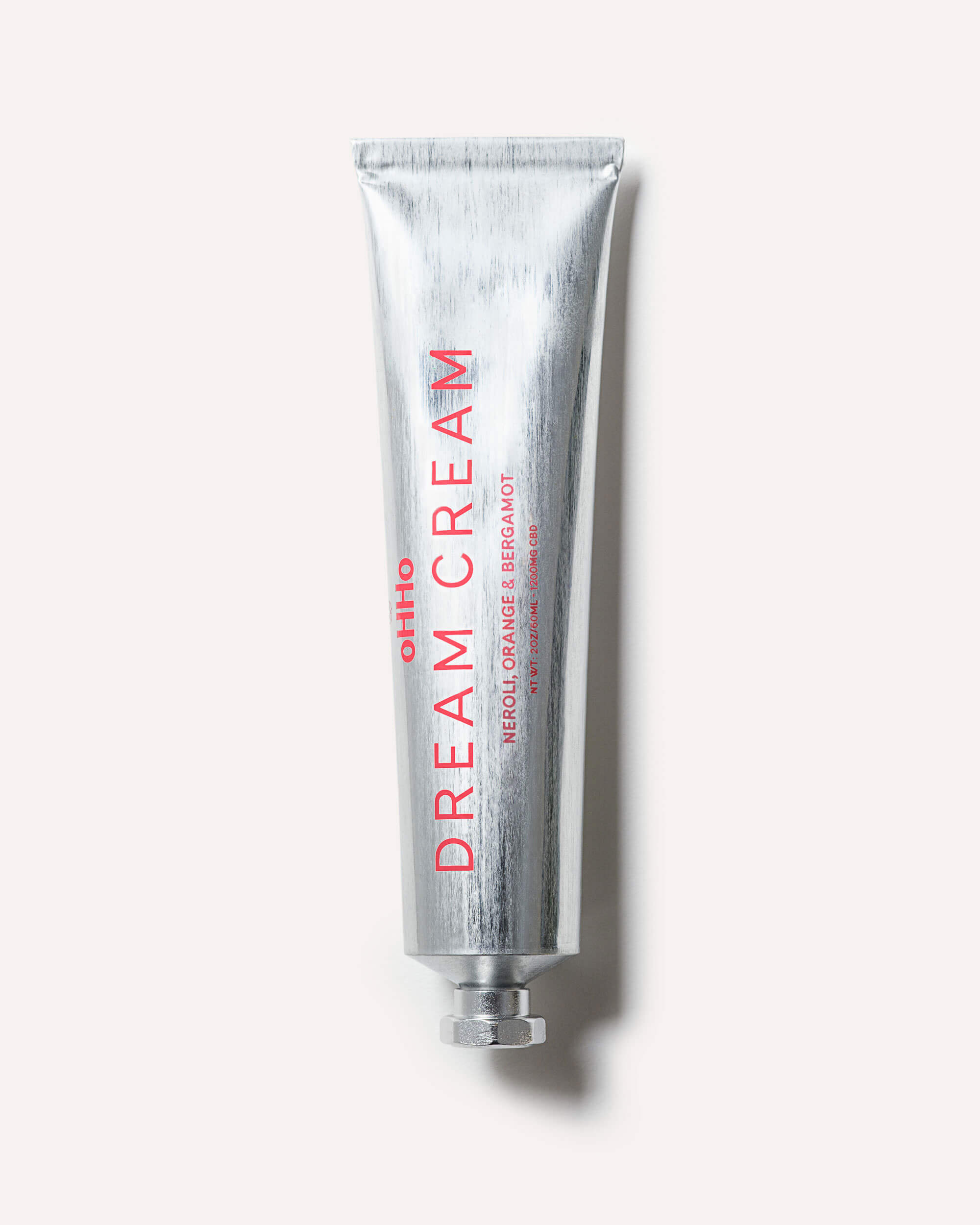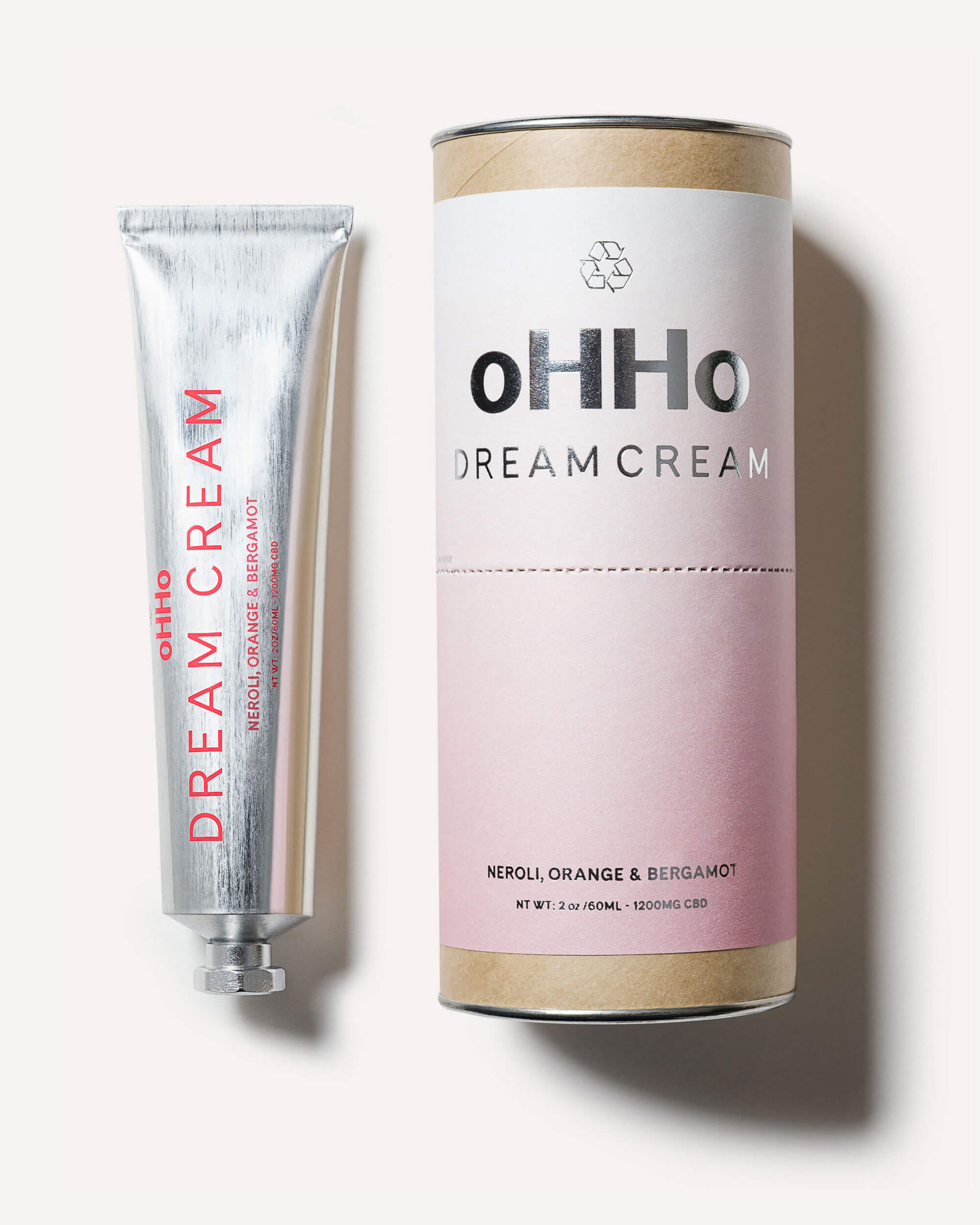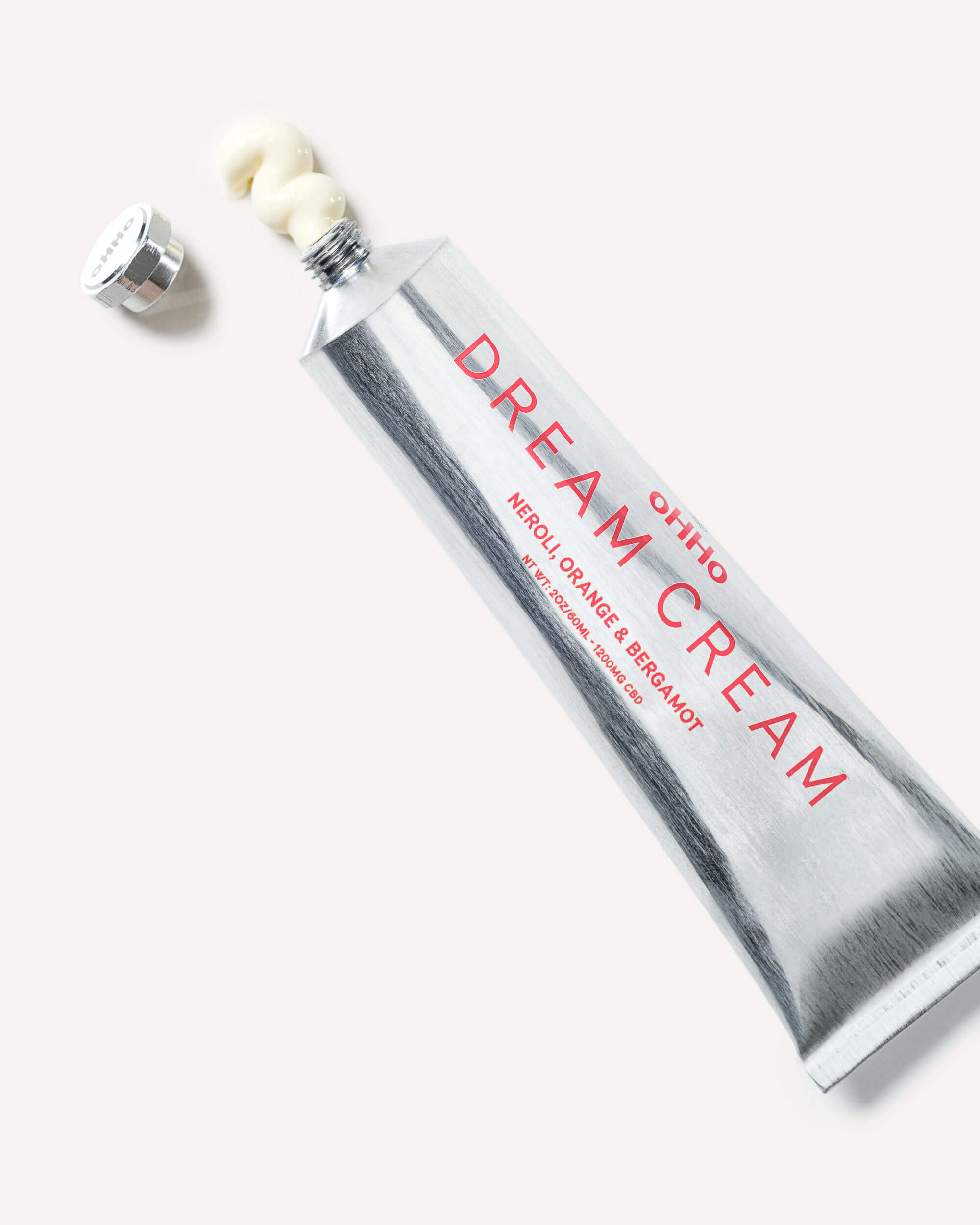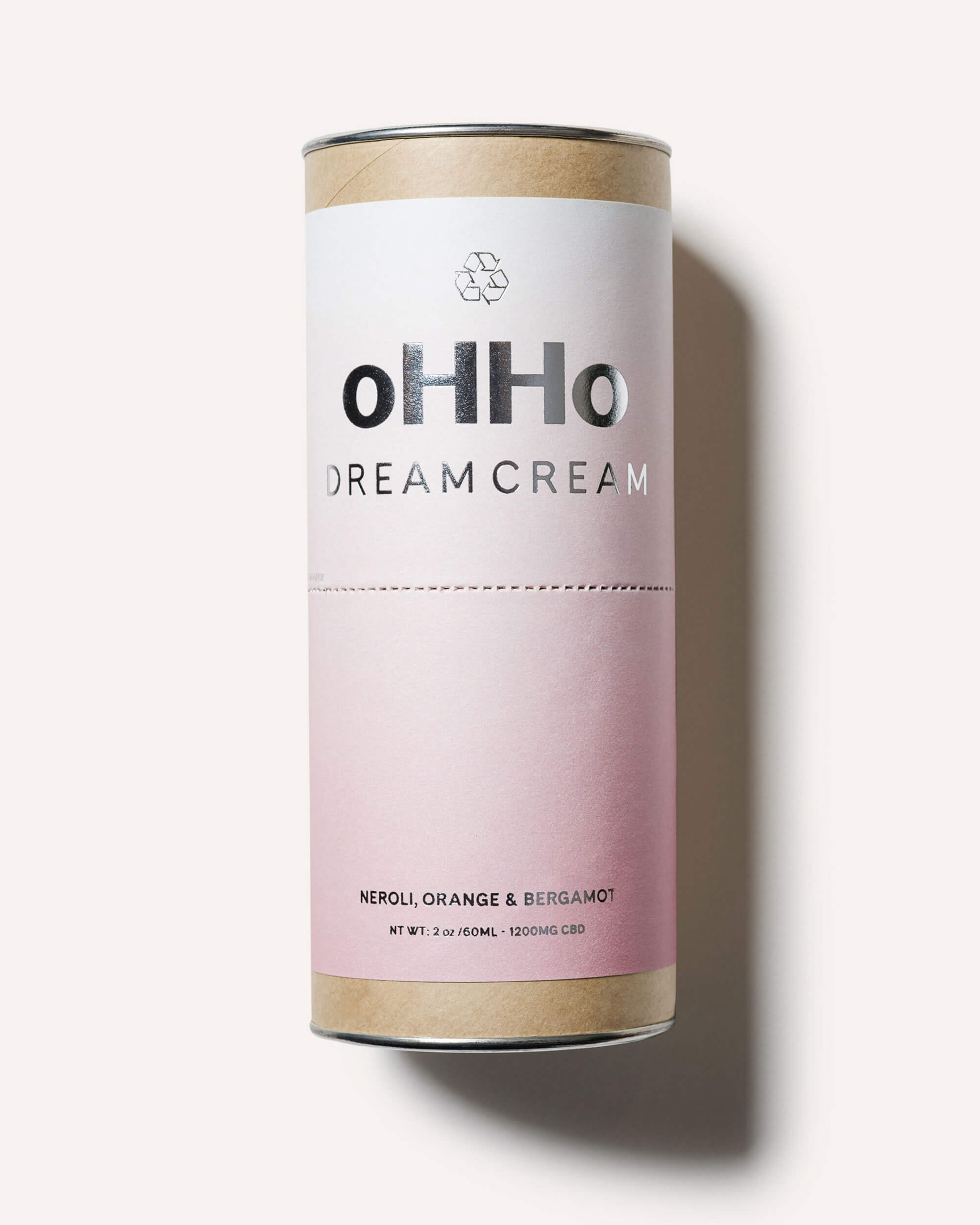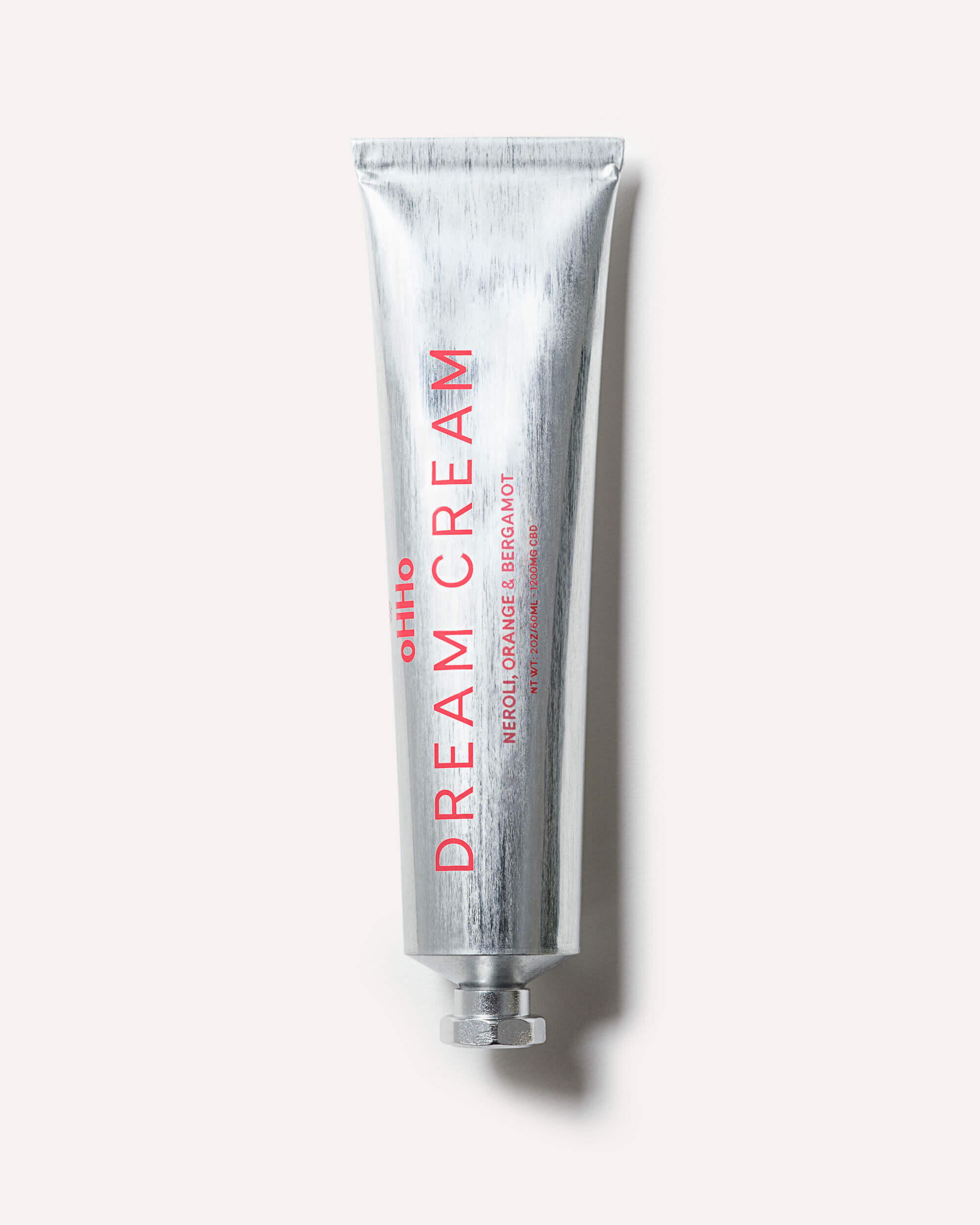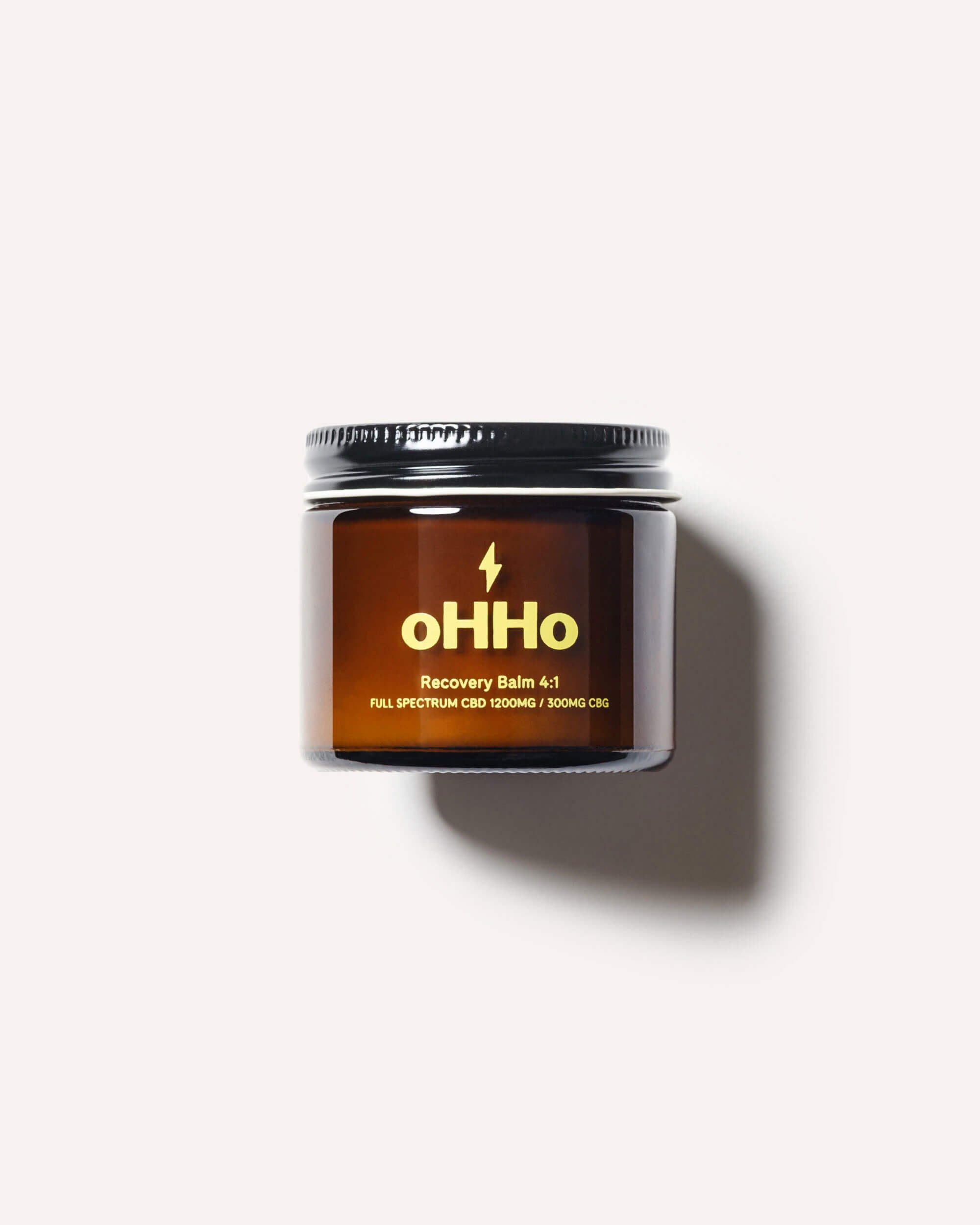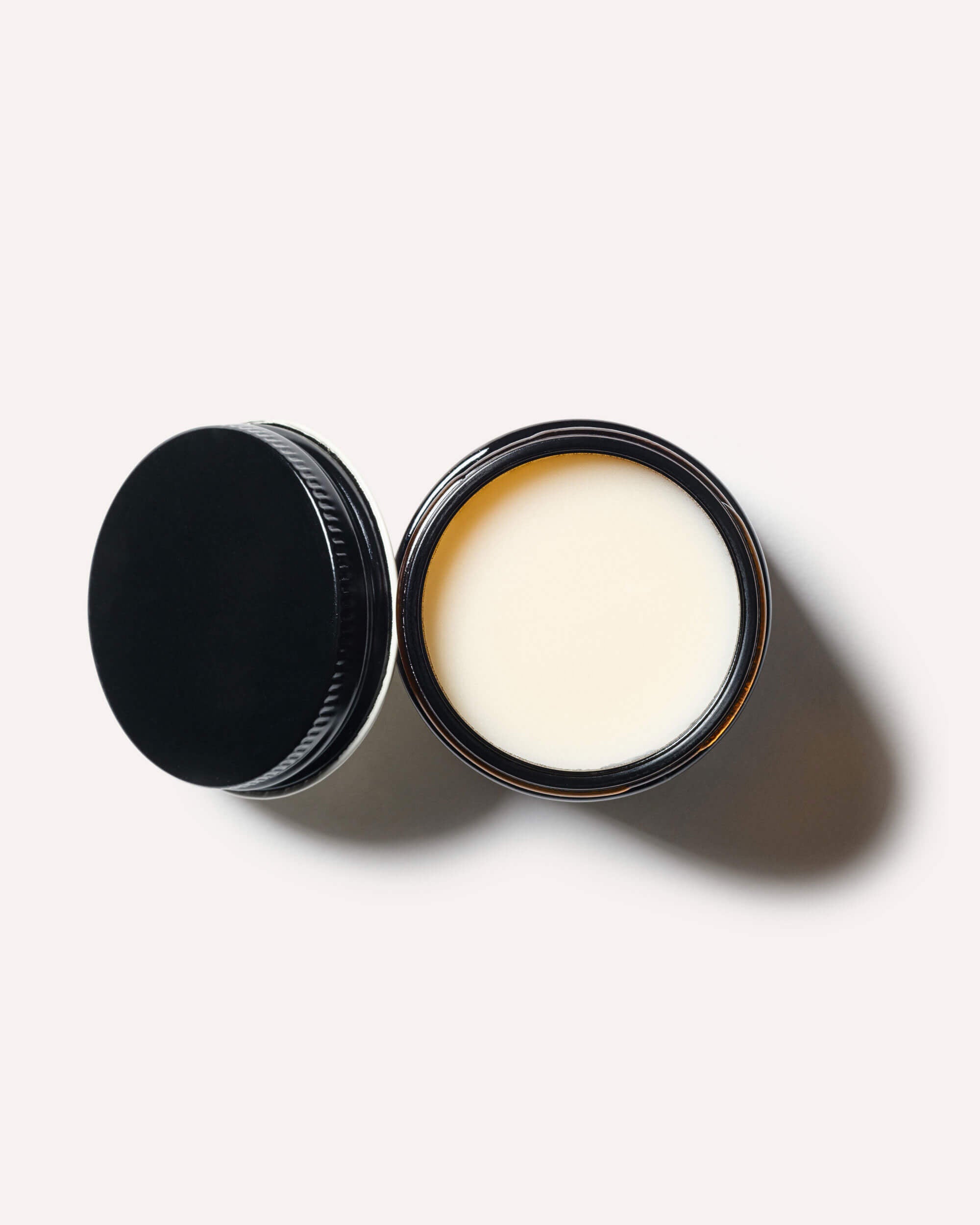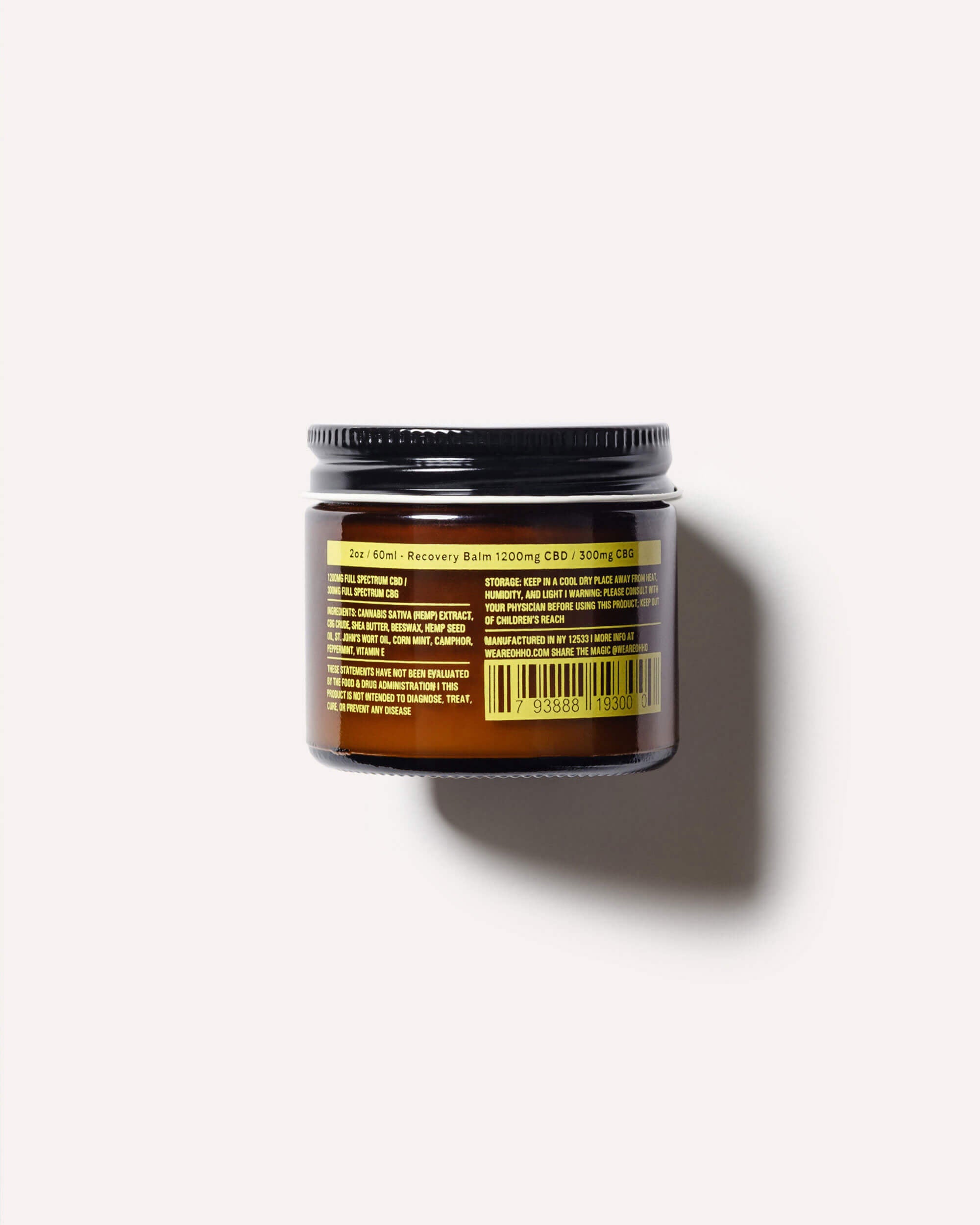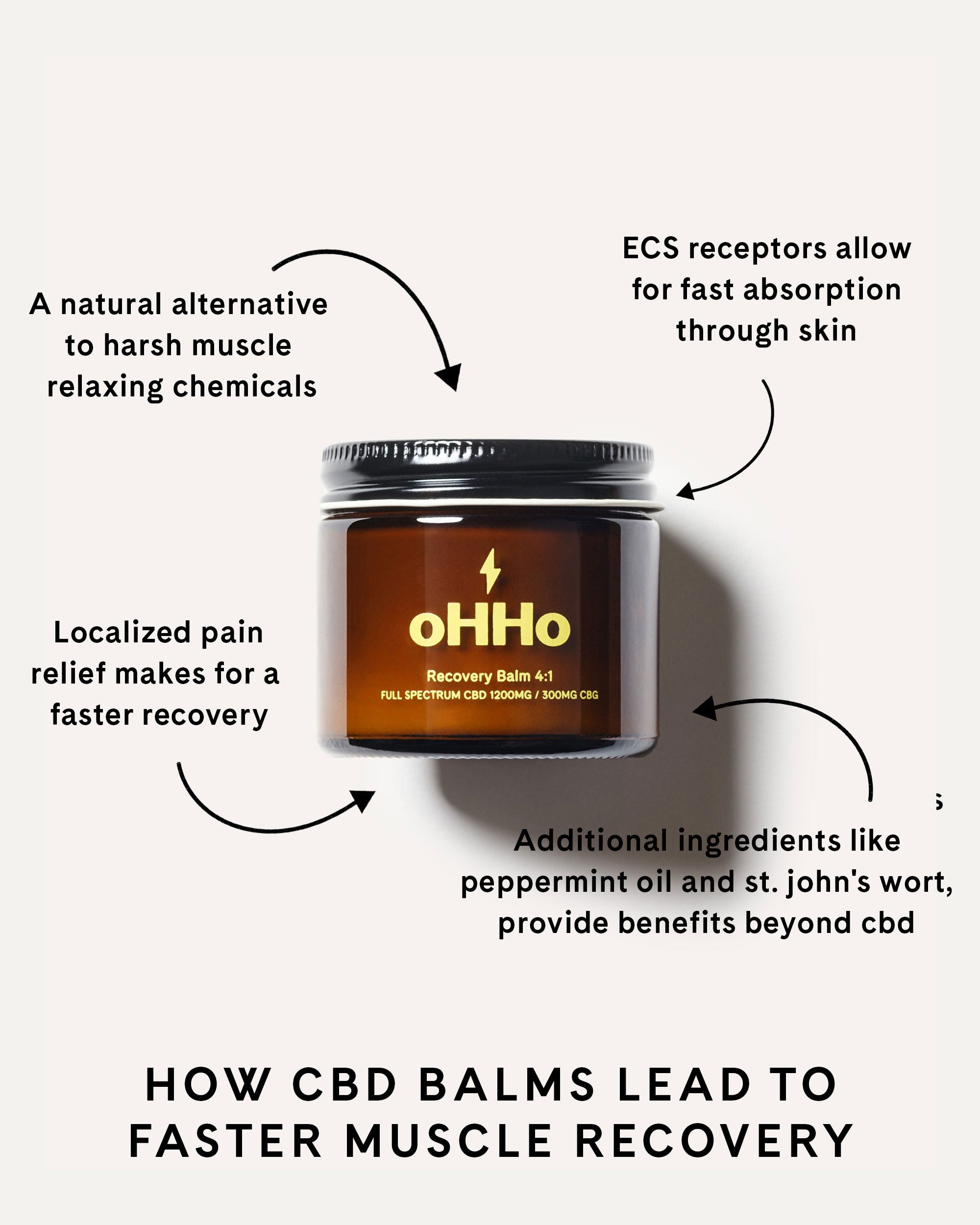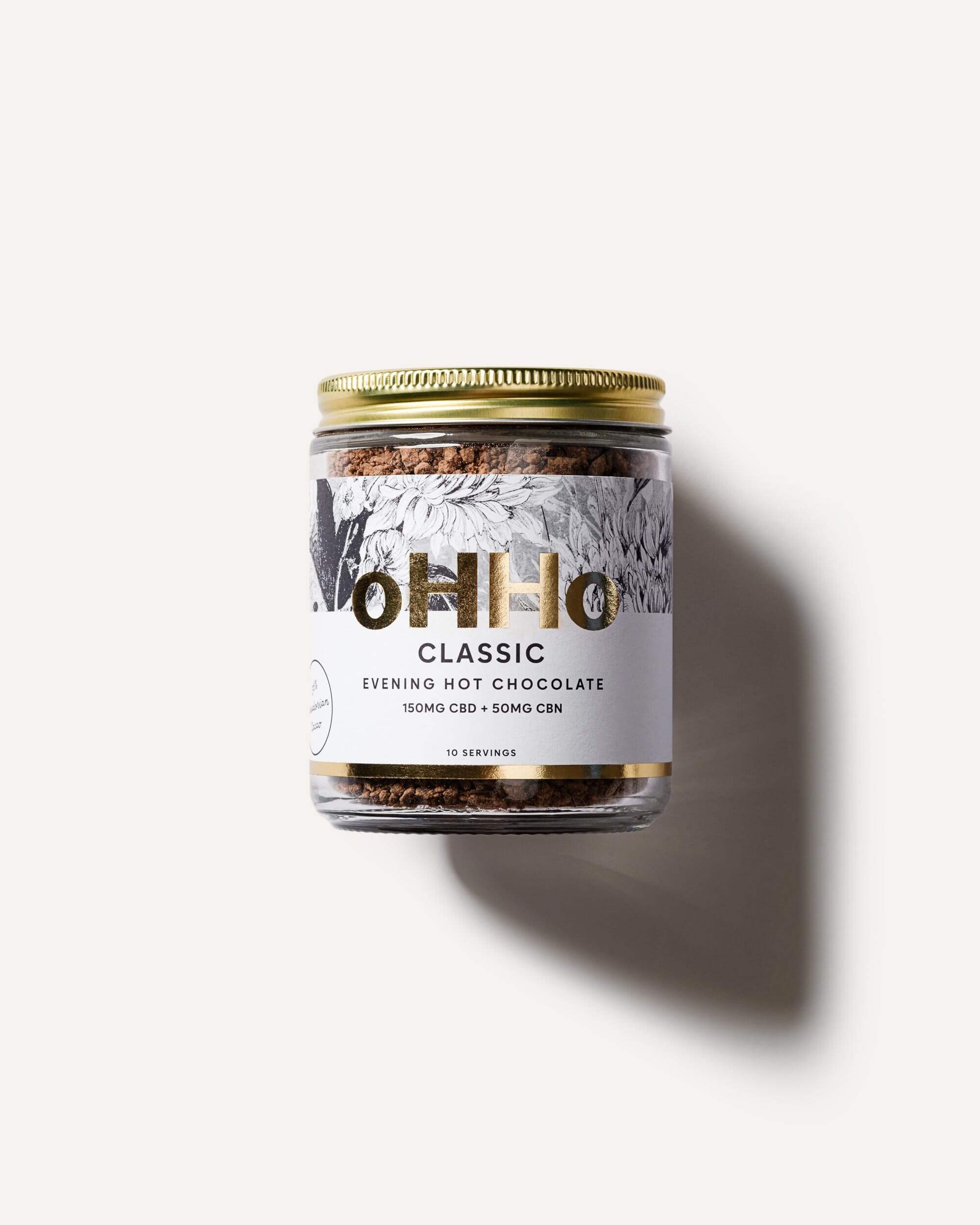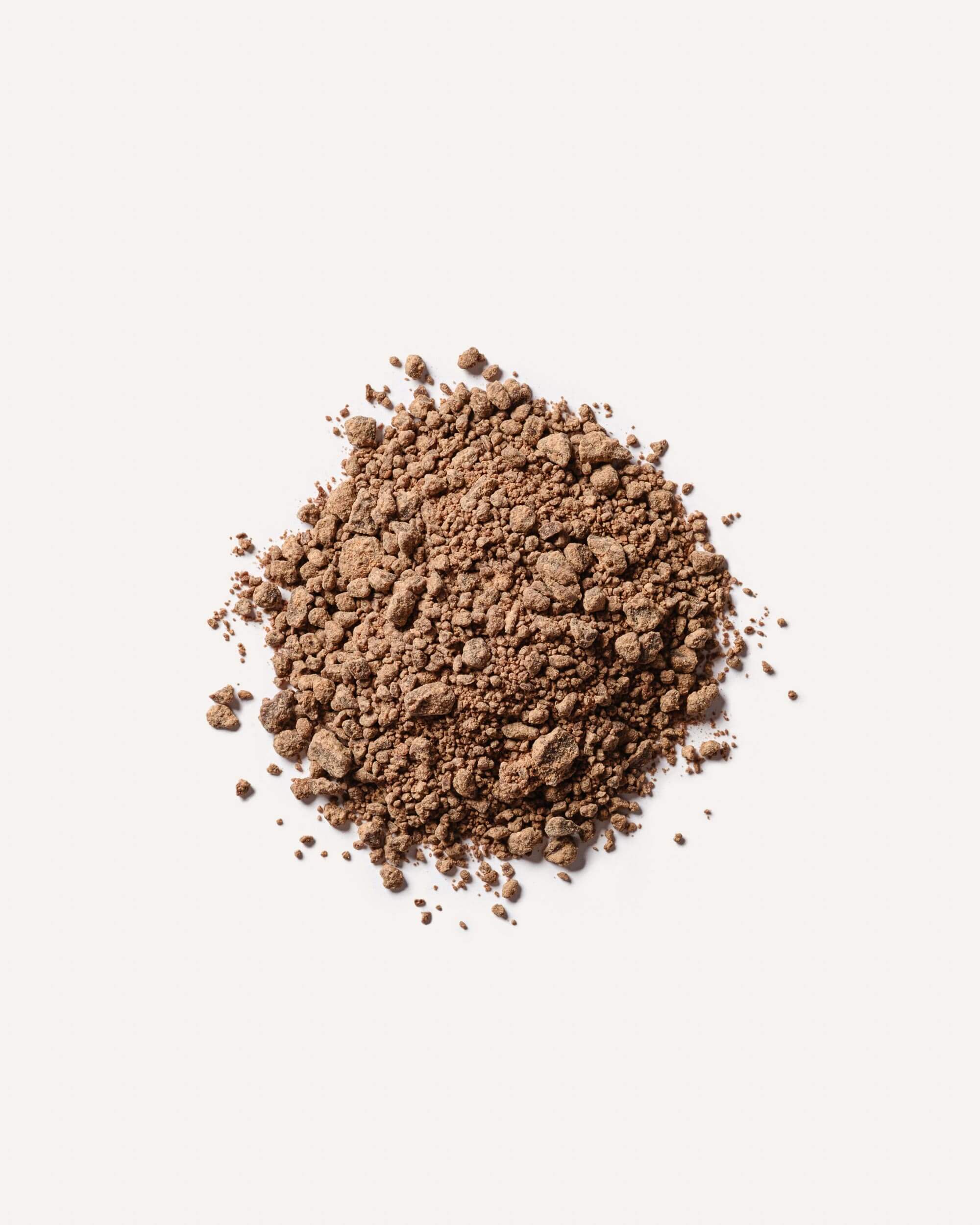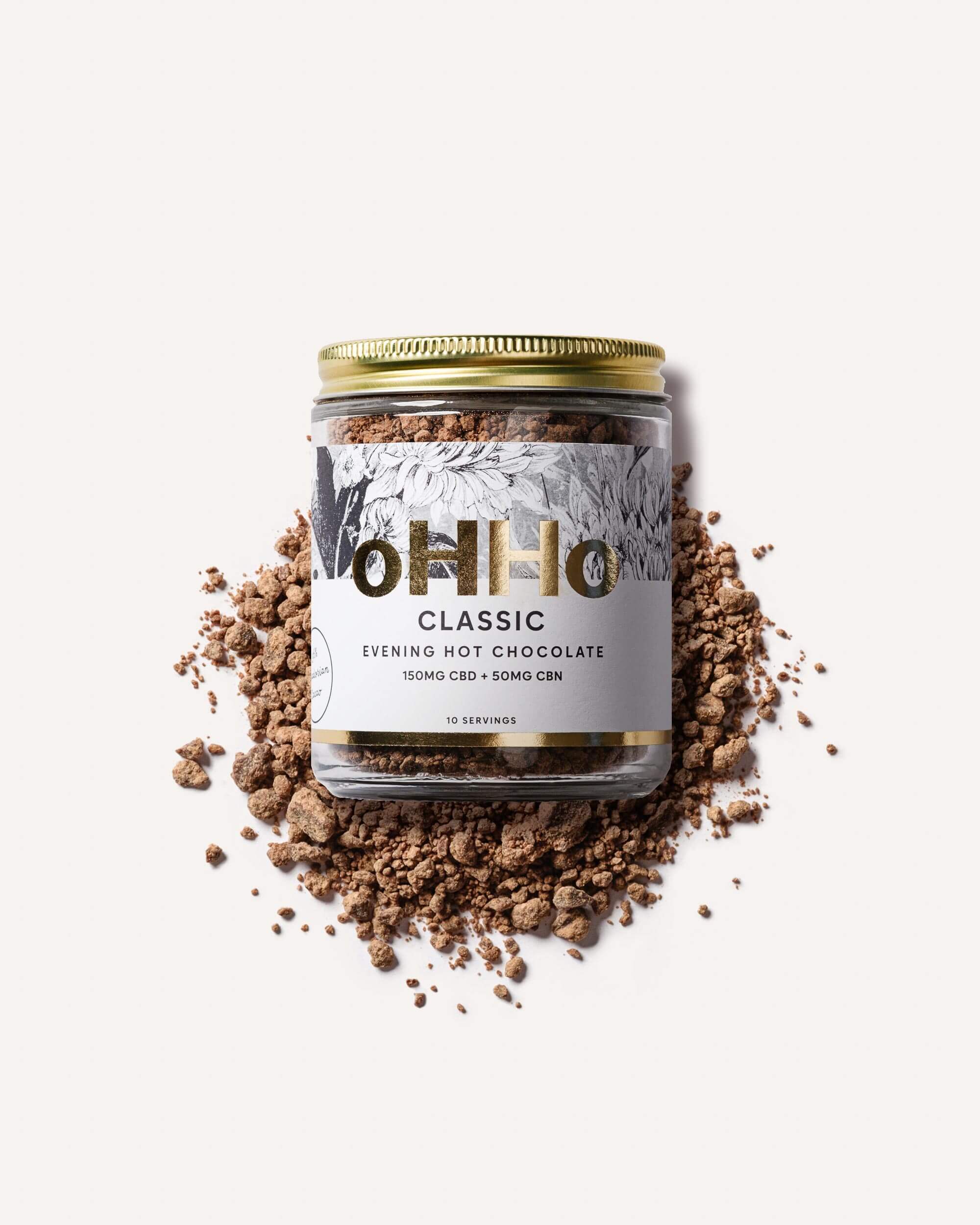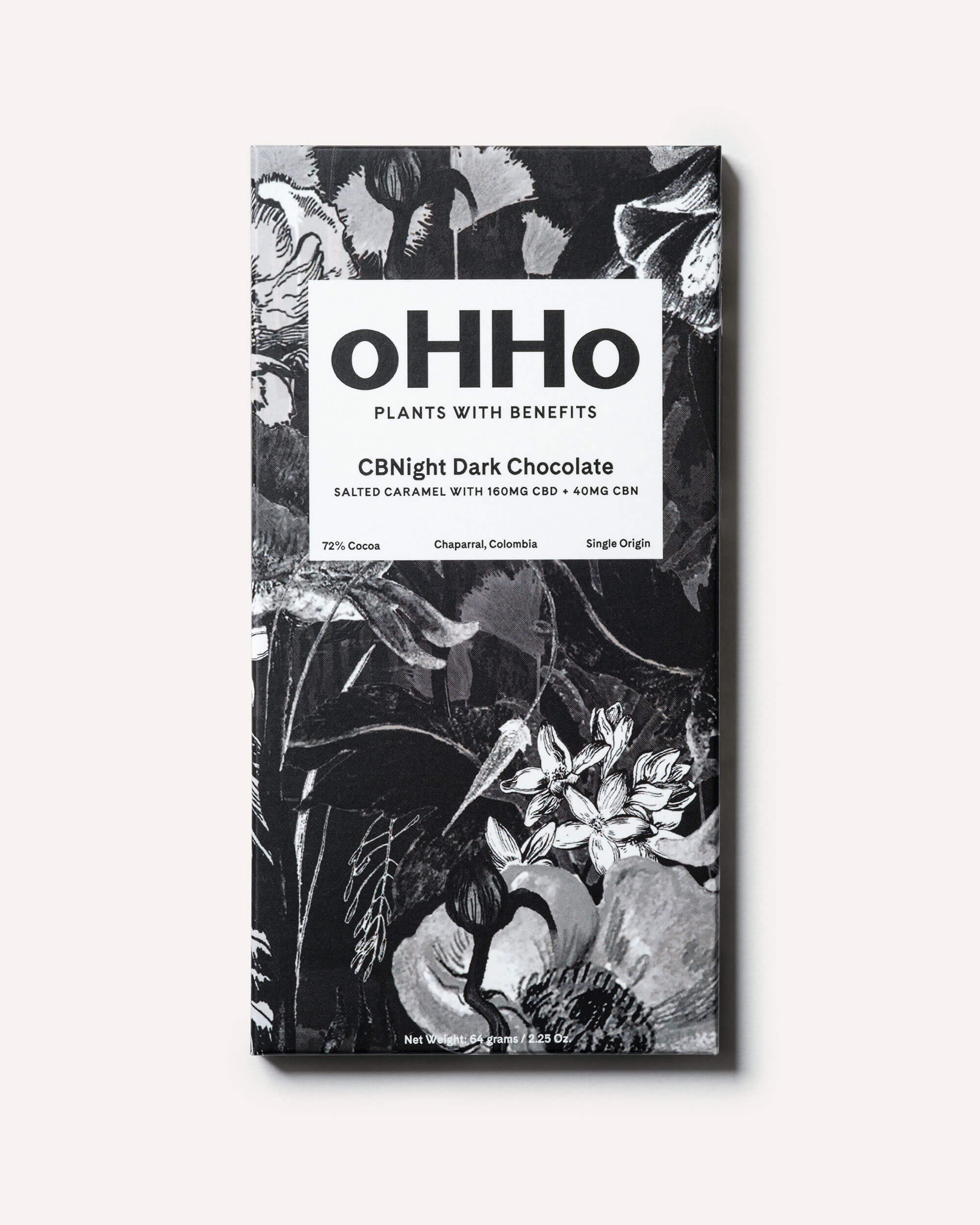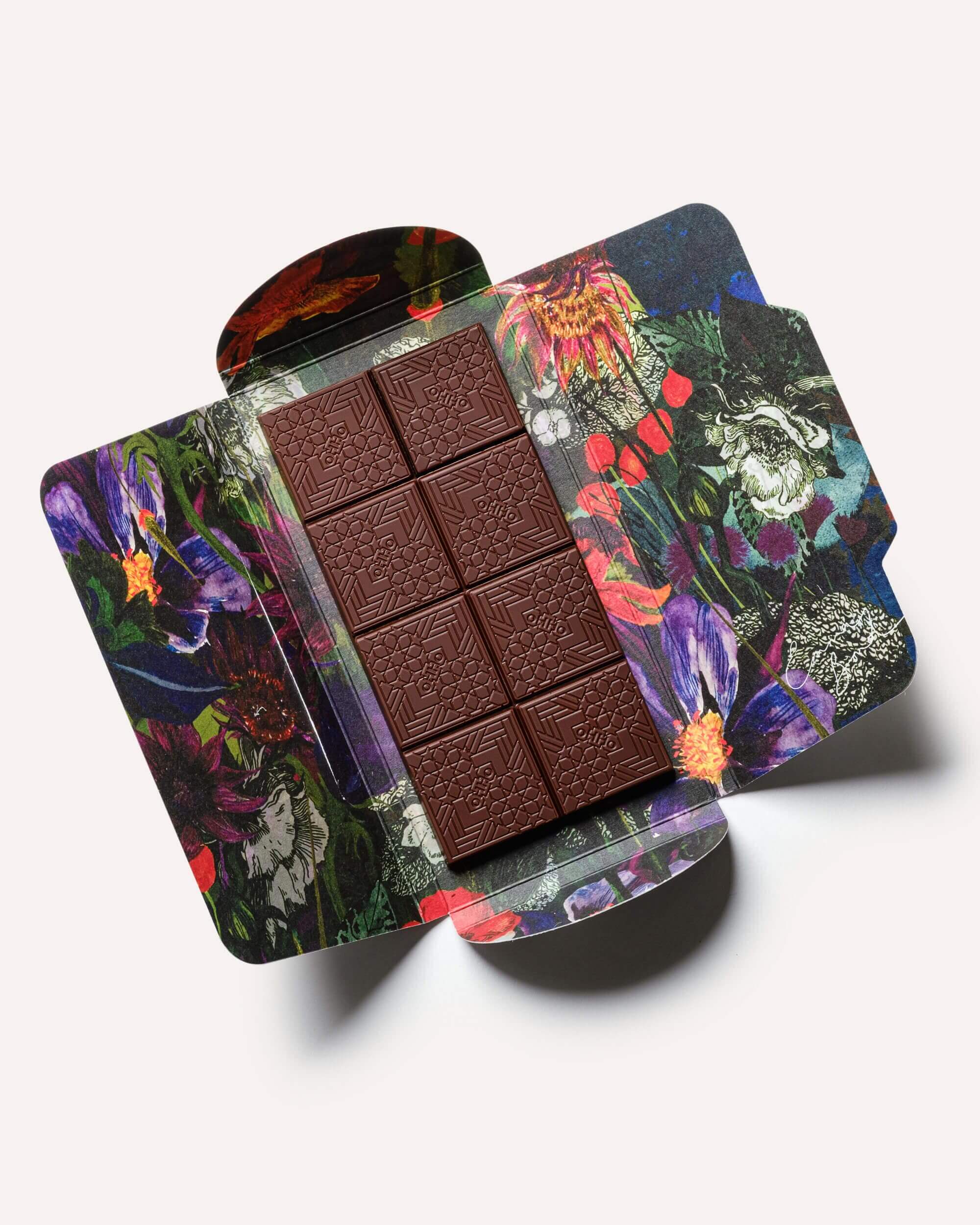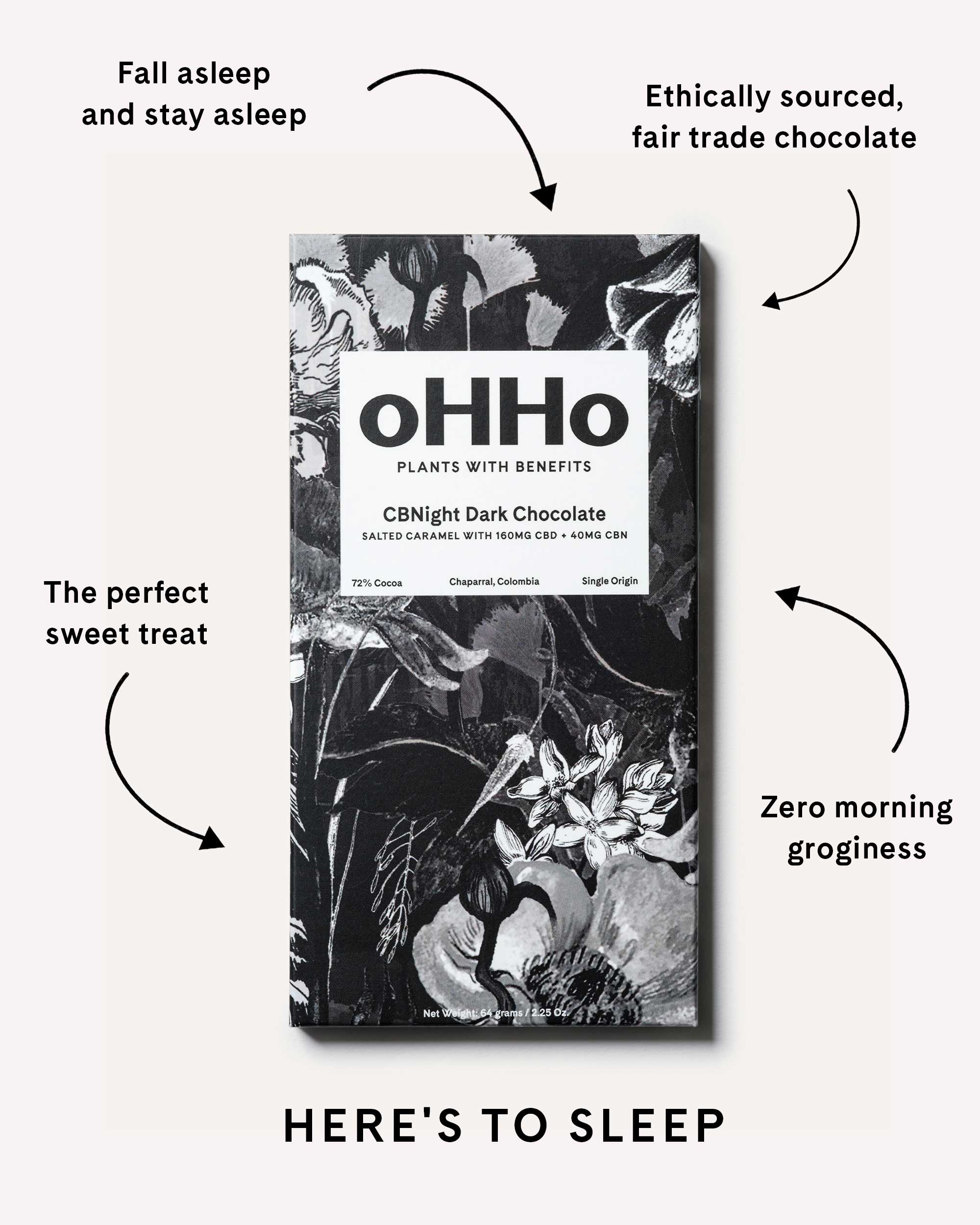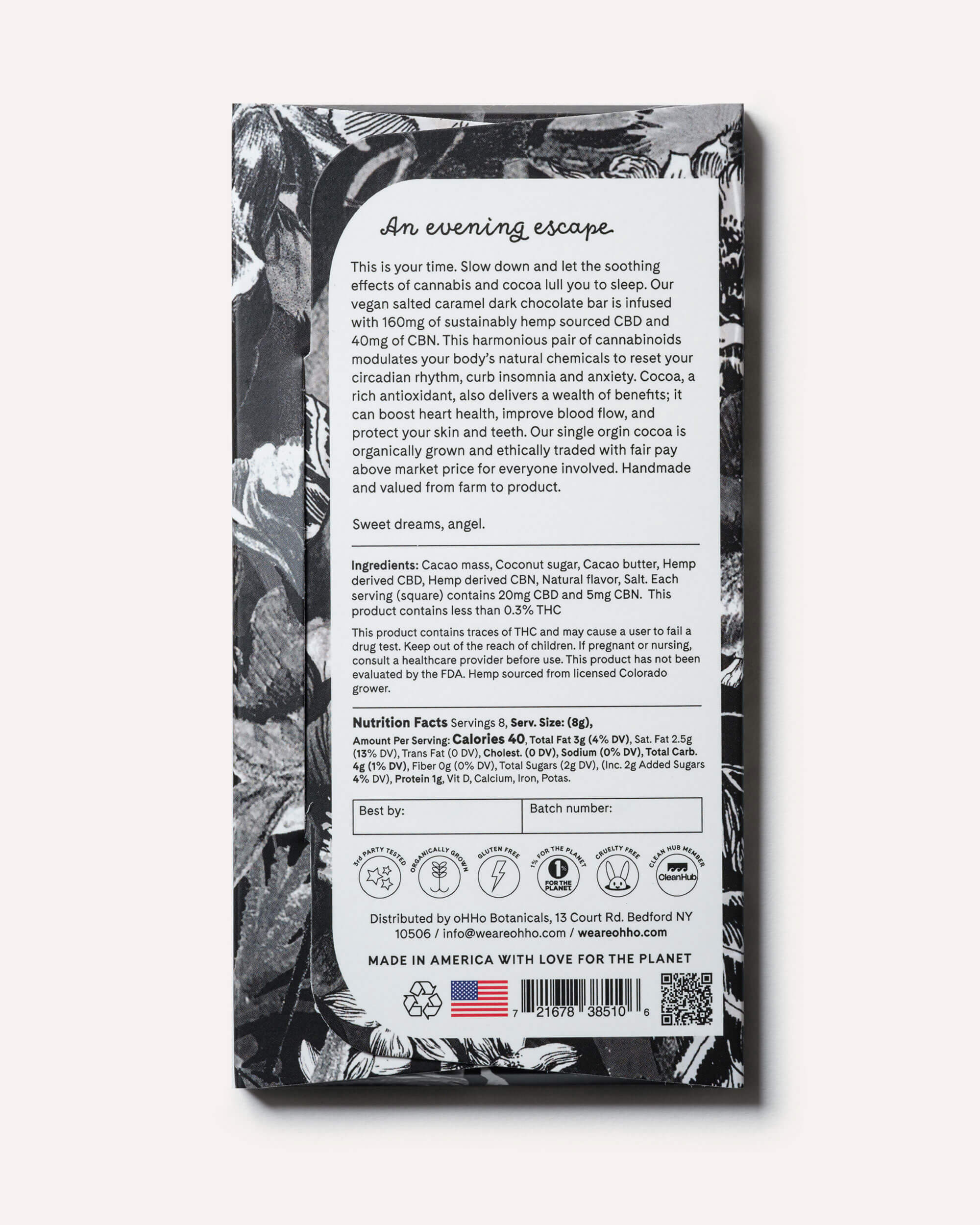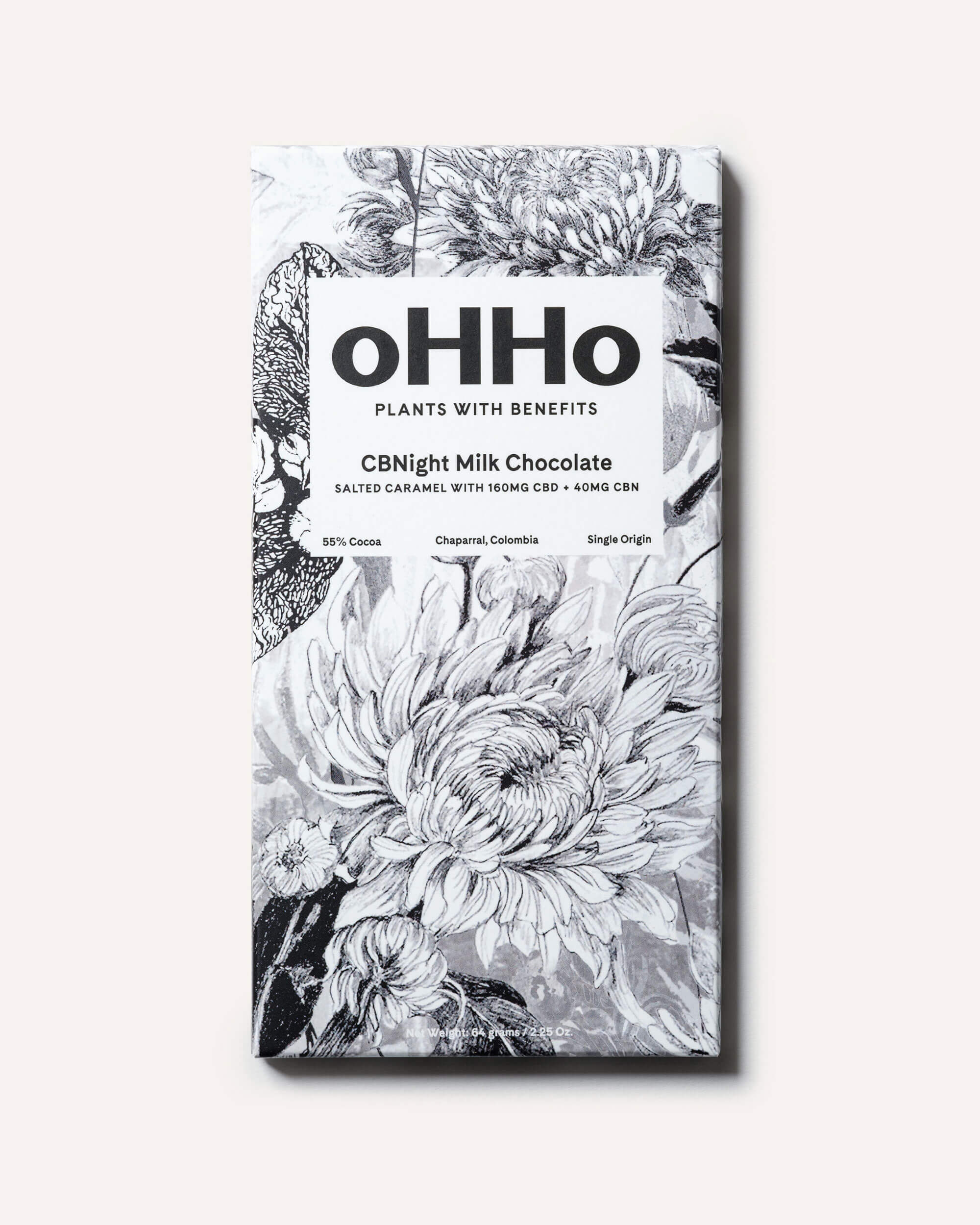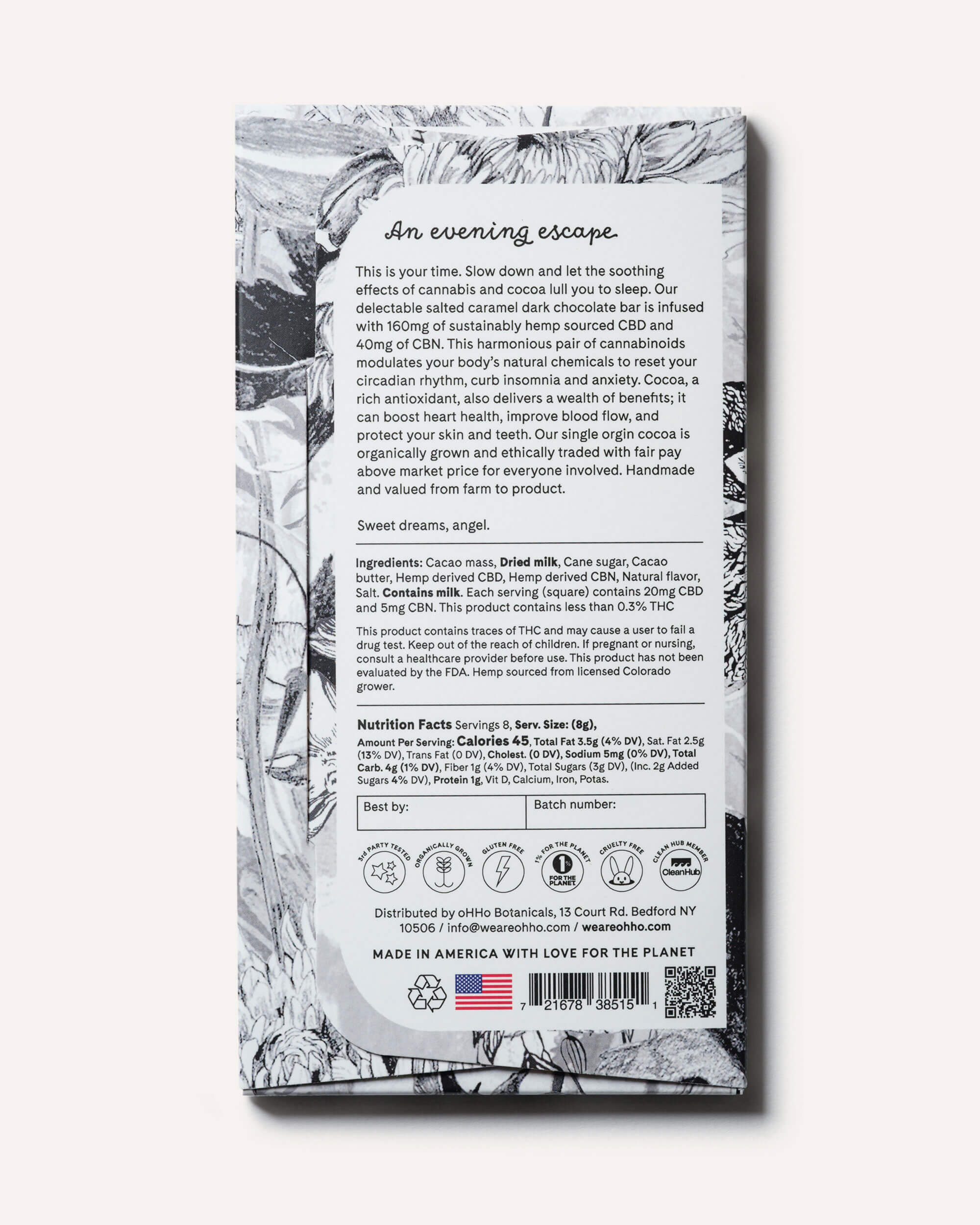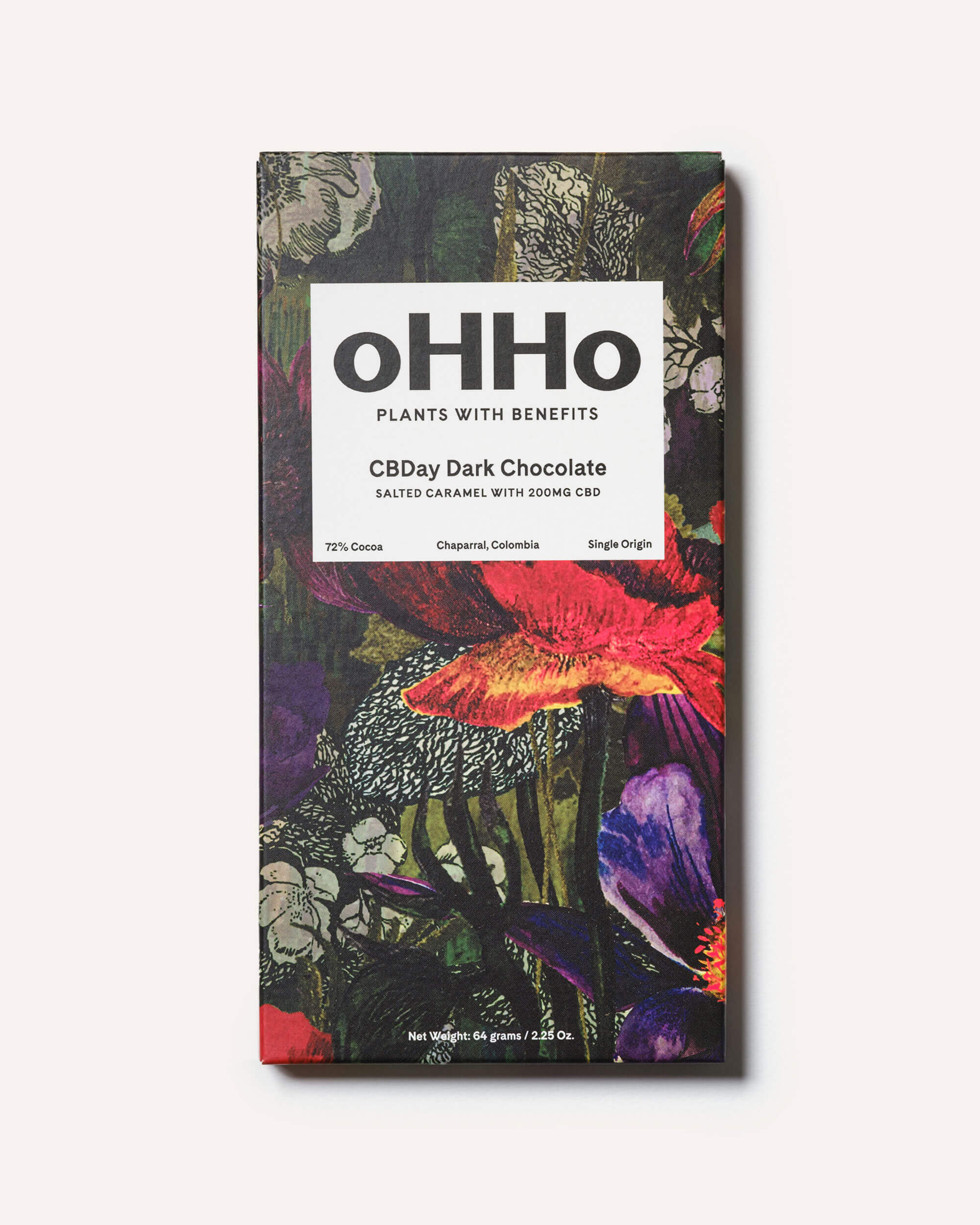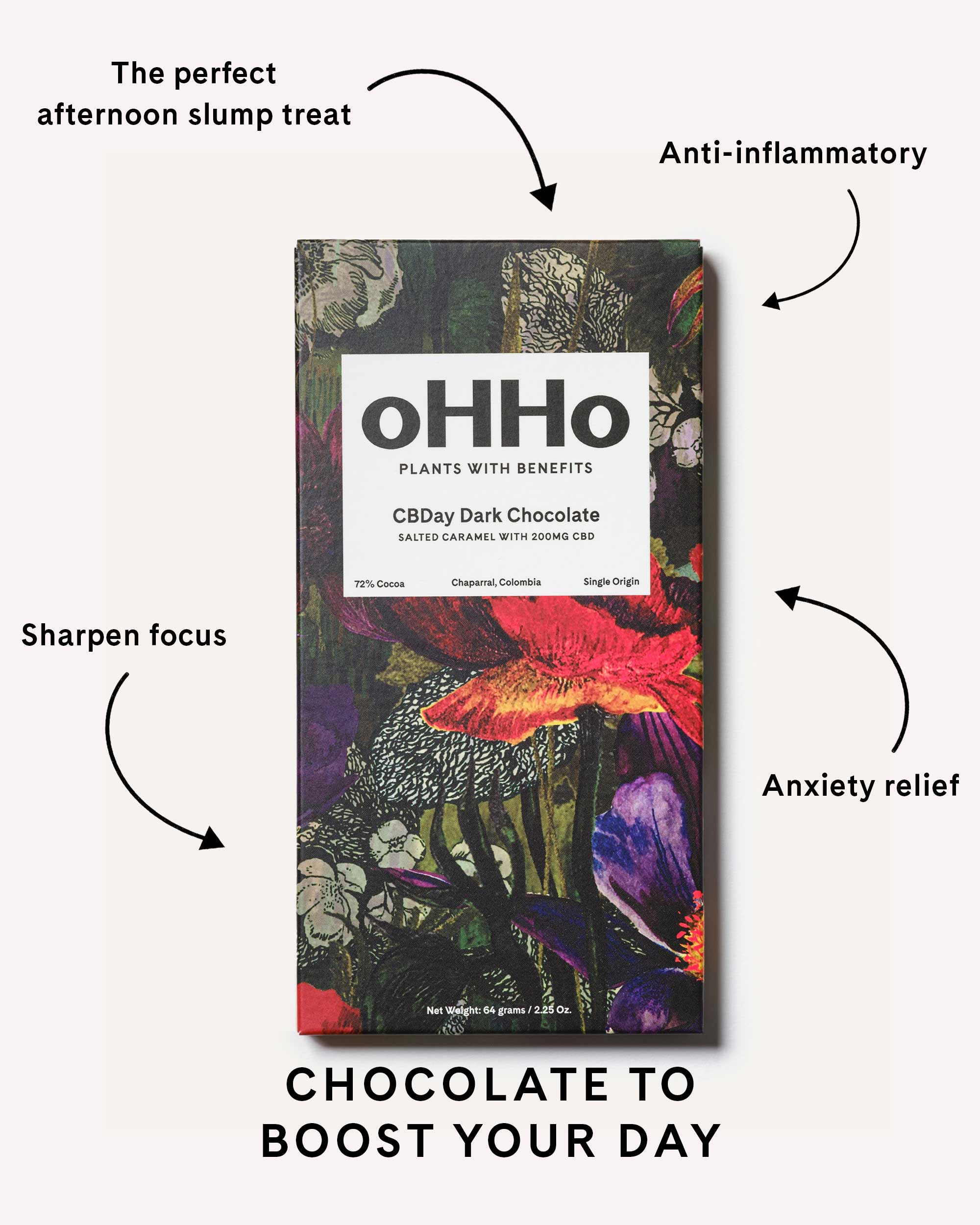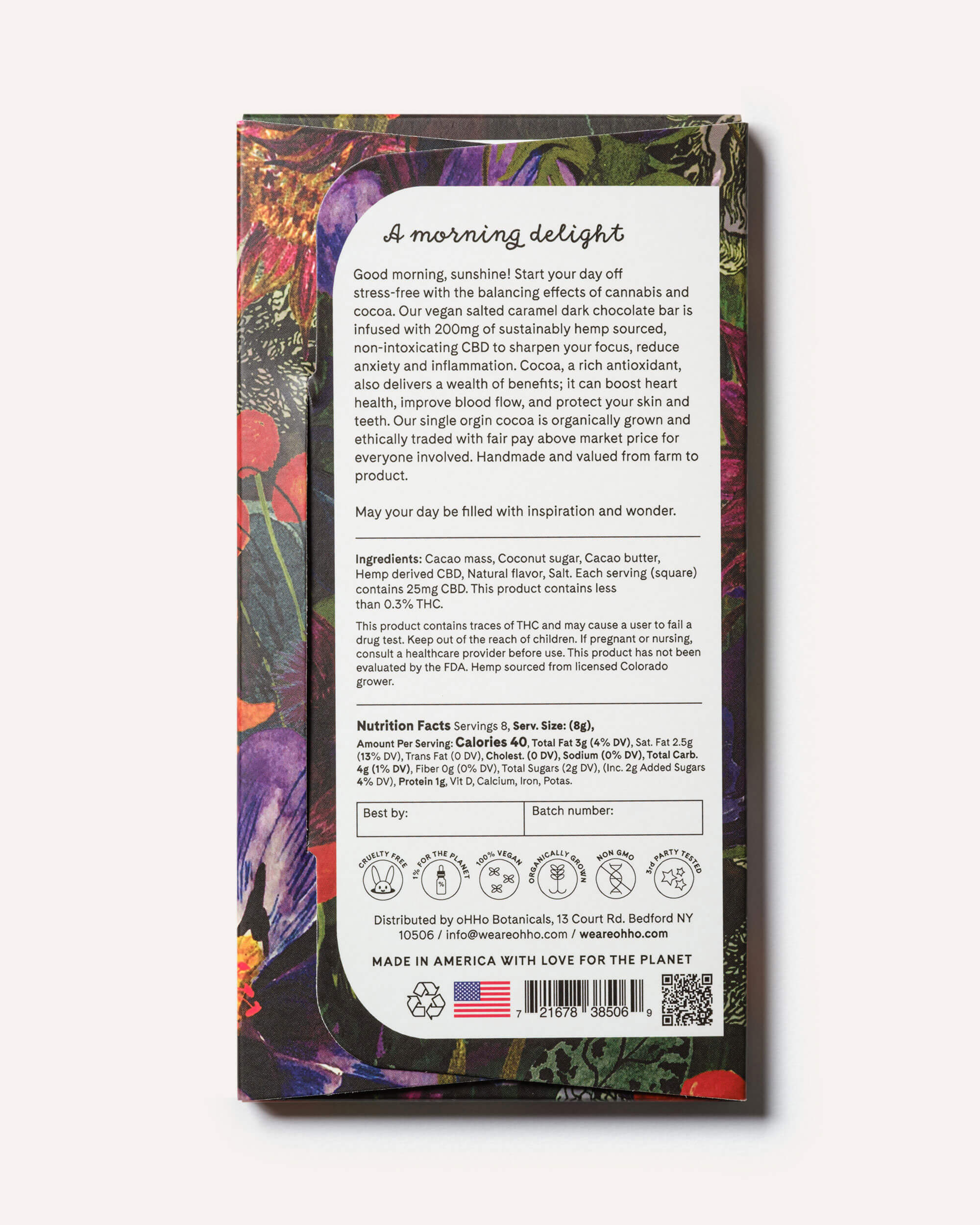What Is the Difference Between CBD vs CBC vs CBG vs CBN?

Cannabis plants contain over 100 ‘cannabinoid’ compounds and CBD, CBG and CBN are three examples.These compounds are unique to the cannabis plant and unique in the way they interact with us. We have a biological regulatory system known as the endocannabinoid system, named after the fact that these cannabinoid compounds interact with receptors within this biological system.
The function of the ECS is to maintain a healthy and balanced internal environment so that you are able to function at optimum. When your ECS is deficient you can introduce cannabinoids from cannabis to get it going again.
CBD, CBC, CBN and CBG Are 4 Significant Cannabinoids, Each Providing Specific Therapeutic Potential.
CBD
CBD is a non intoxicating neuroprotective compound that has a greater antioxidant quality than vitamin C and E. It has strong anti-anxiety properties as well as being an anti-inflammatory agent suggesting an important therapeutic role in various inflammatory and chronic pain states. It also has anticonvulsant benefits and stimulates bone healing.
CBC
Anti-inflammatory
Analgesic, though less potent than THC
Antibiotic/antifungal
Cancer cytotoxic agent (Ligresti et al. 2006)
Antidepressant effect
CBN
Mildly sedative (Musty 1976)
Anticonvulsant (Turner 1980)
Anti-inflammatory (Evans 1991)
Antibiotic
CBG
CBG is a non-intoxicating molecule that has been shown to reduce blood pressure and intraocular pressure as well. Slows down the uptake of GABA chemicals in the body allowing the calming effect of these chemicals to last longer. CBG properties also include antidepressant, lowering BP and IOP, decreases keratinocytes in psoriasis and is a powerful antibiotic.
DISCOVER


